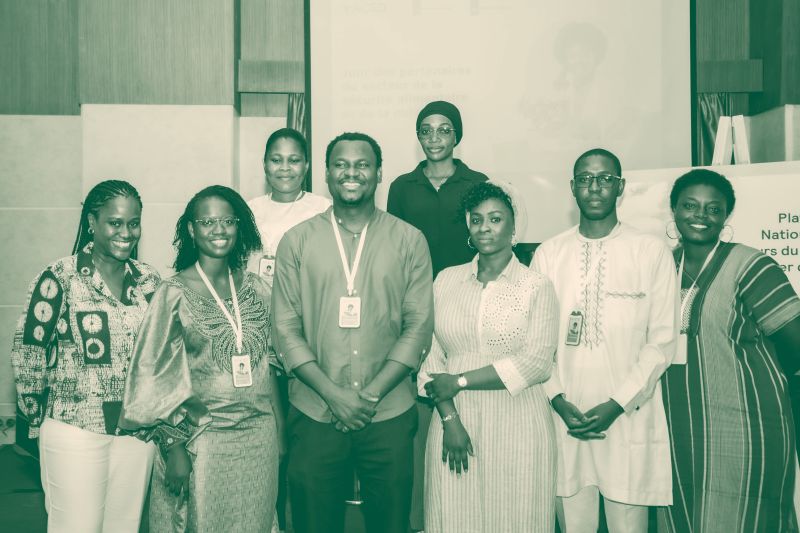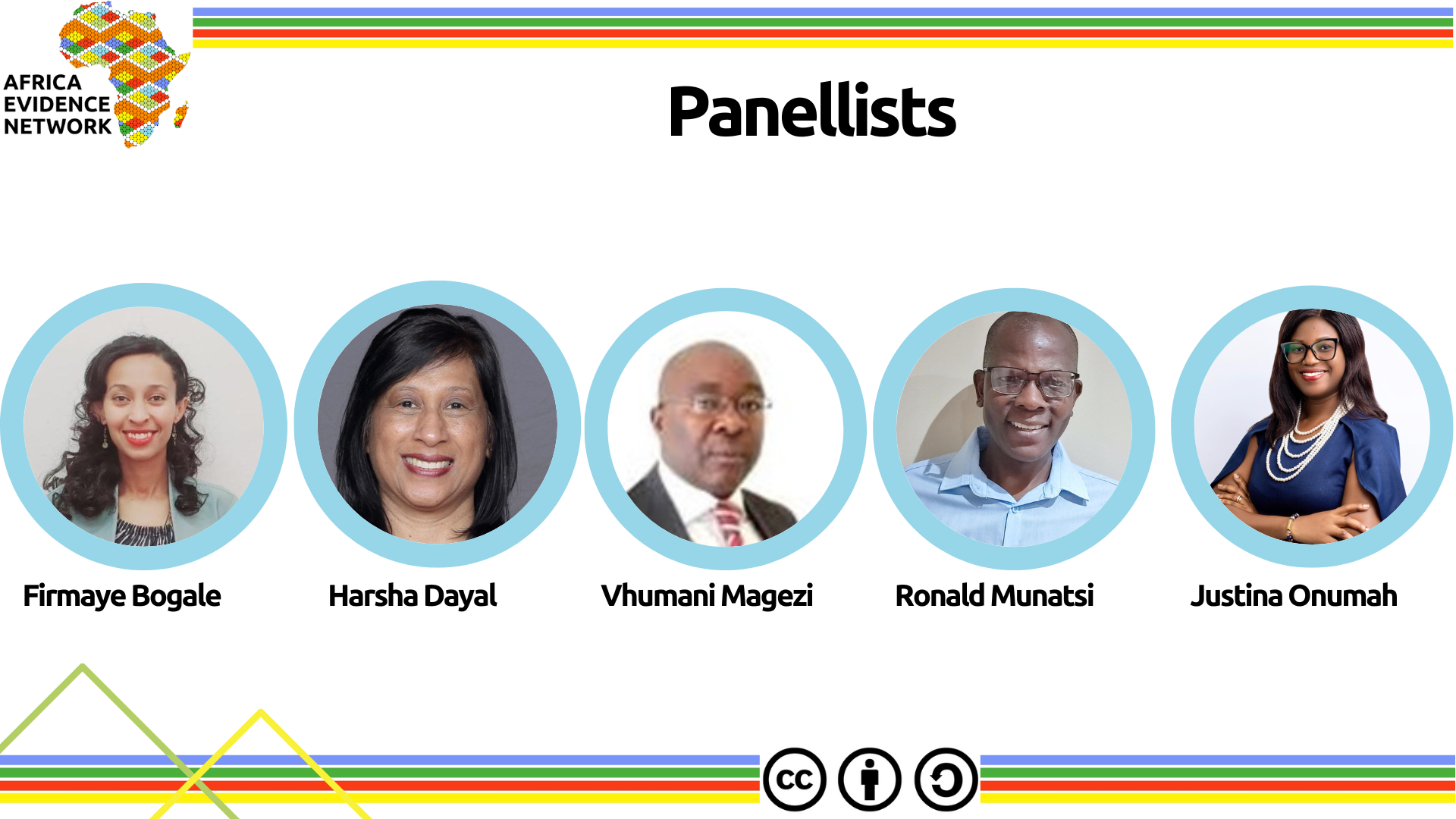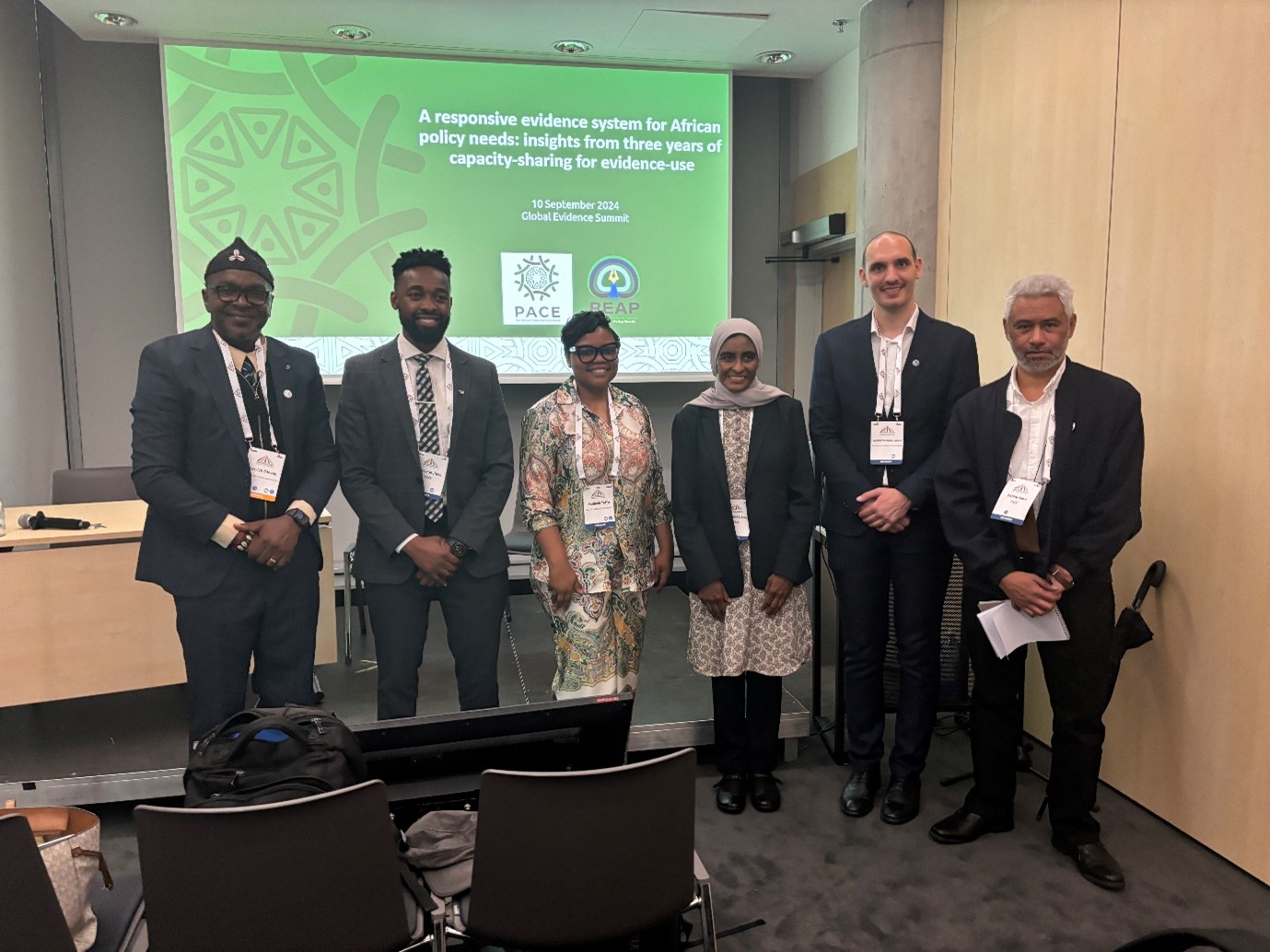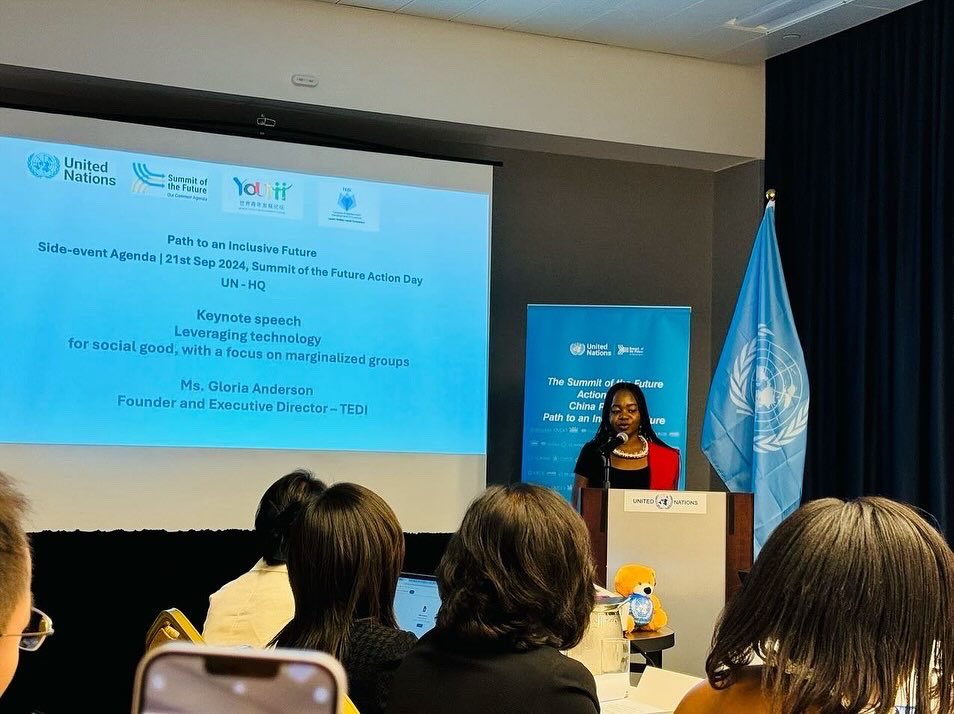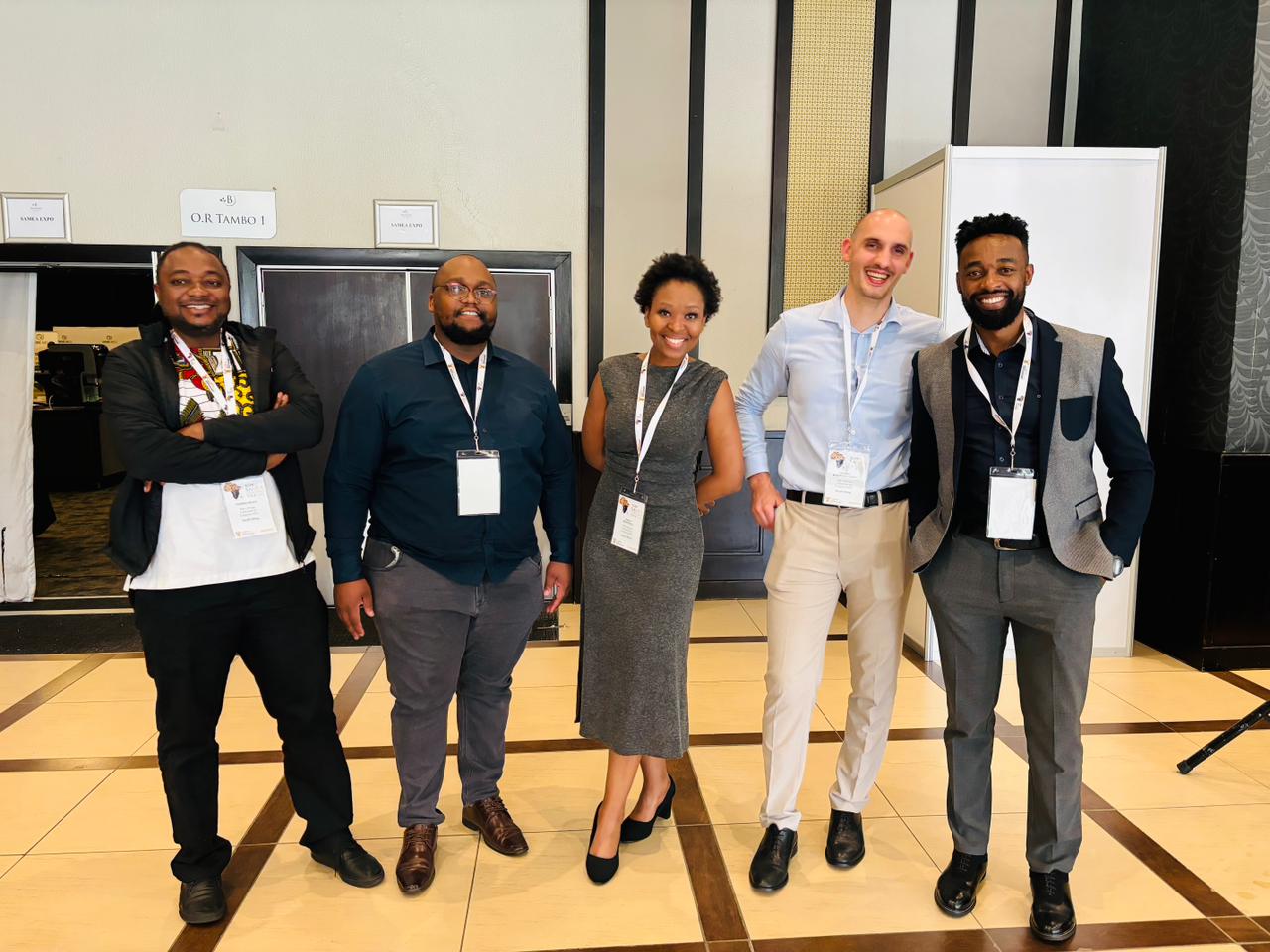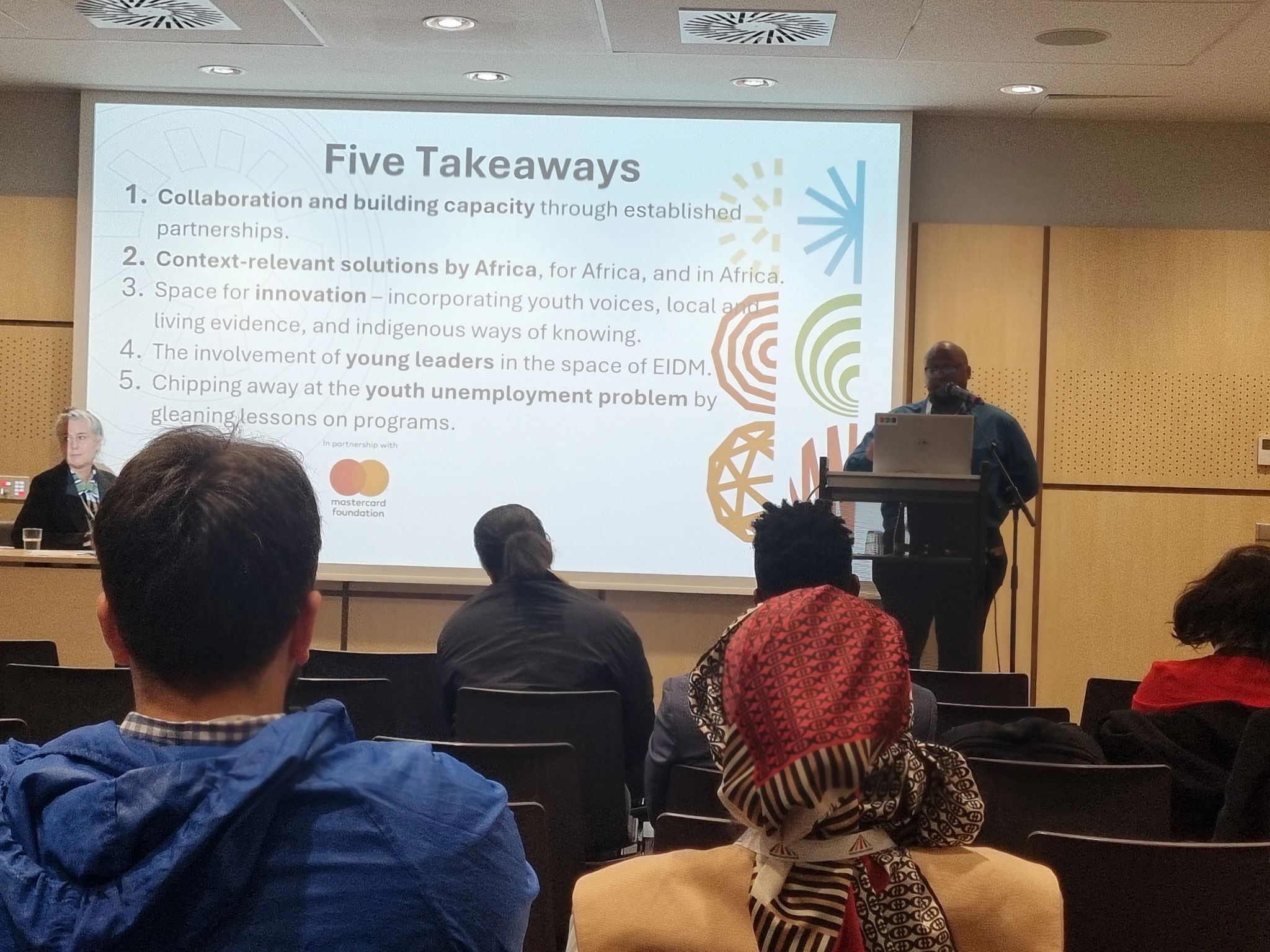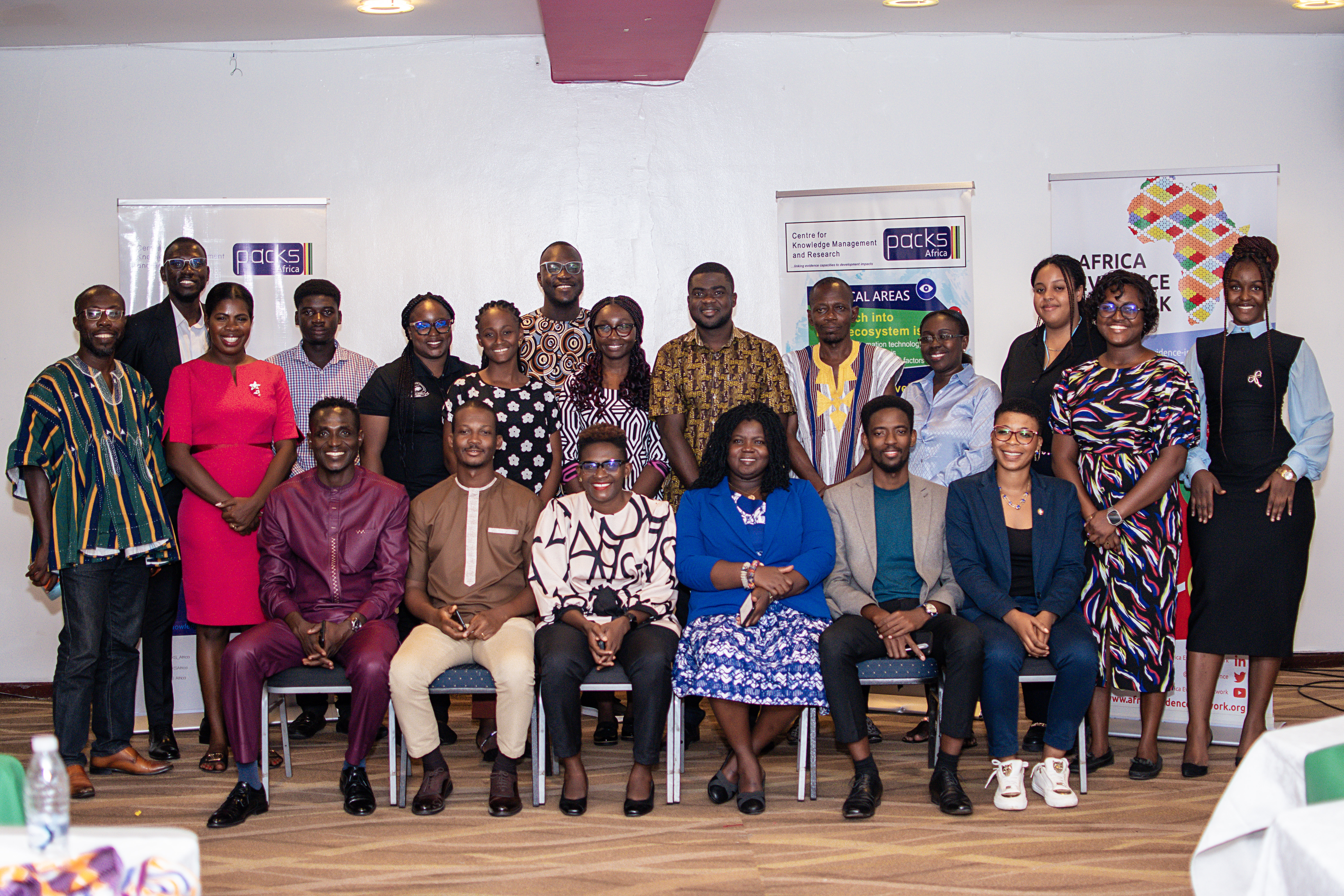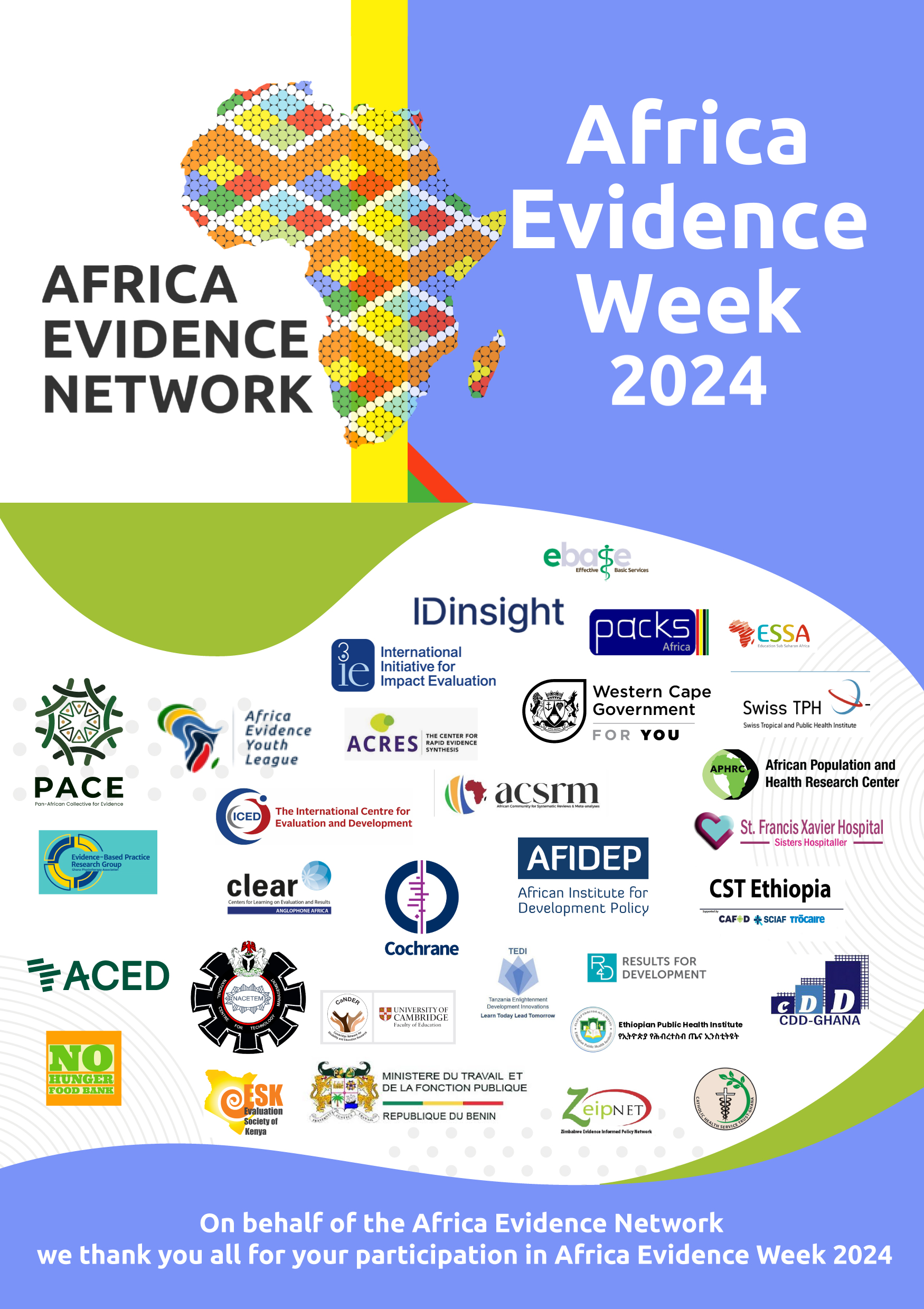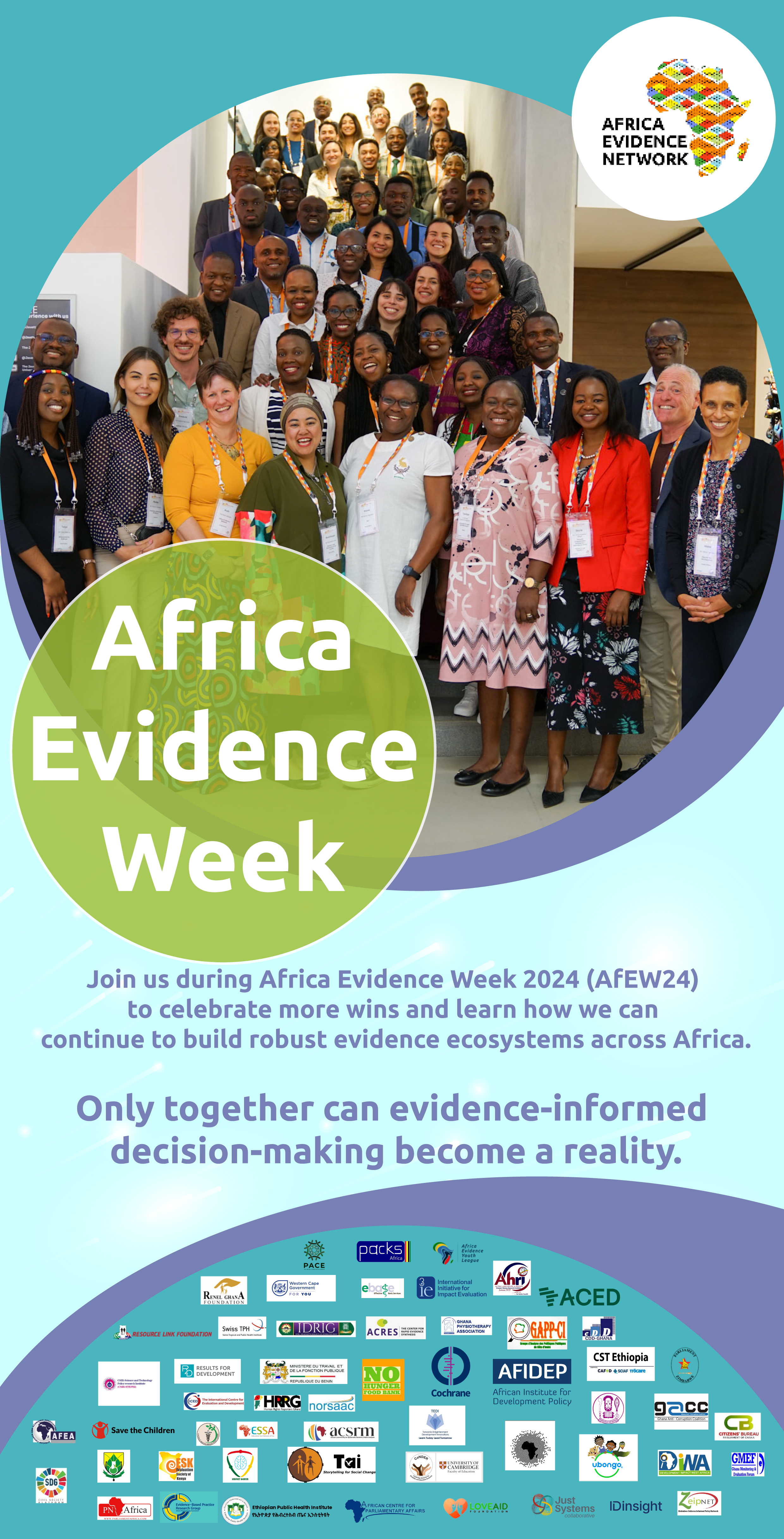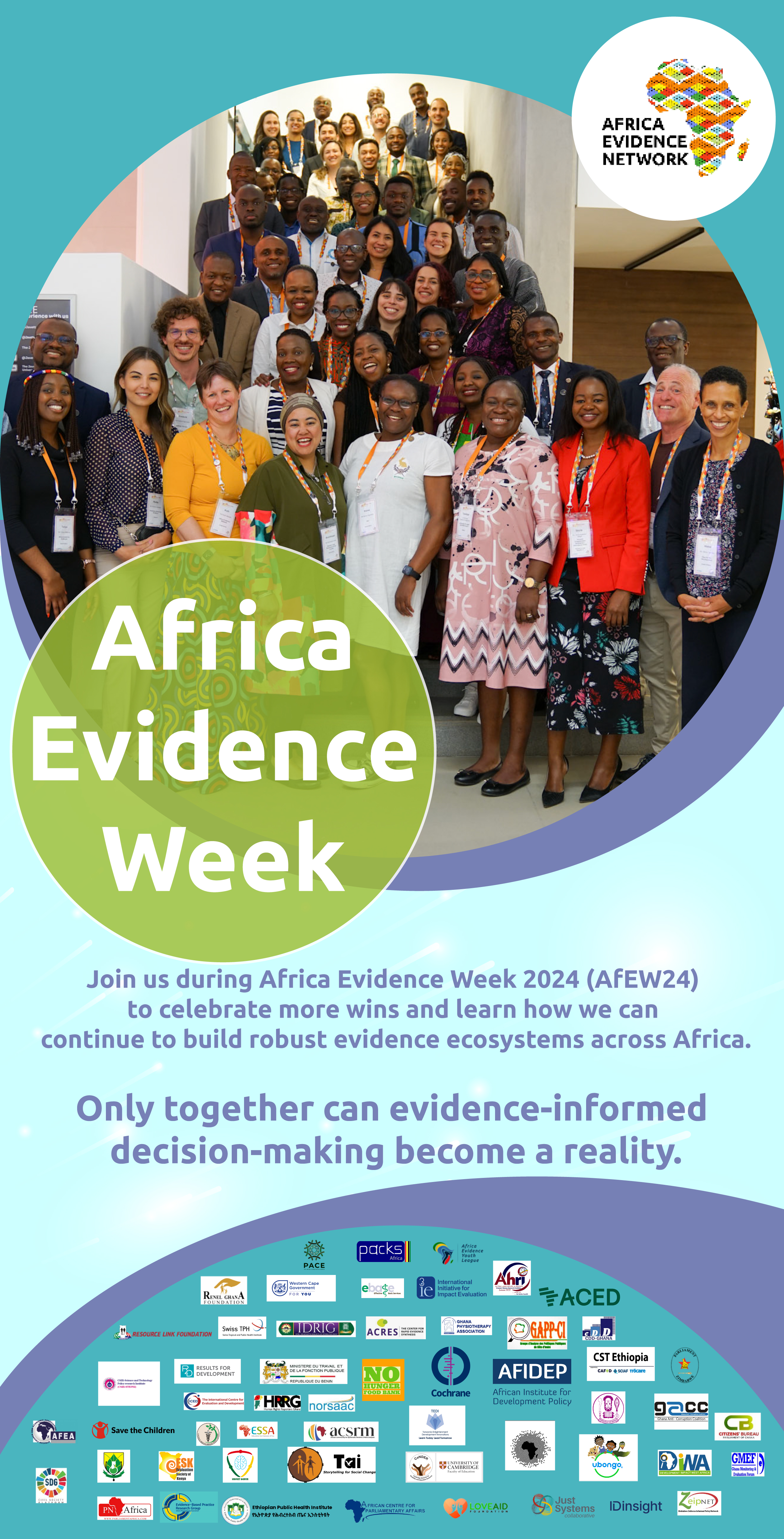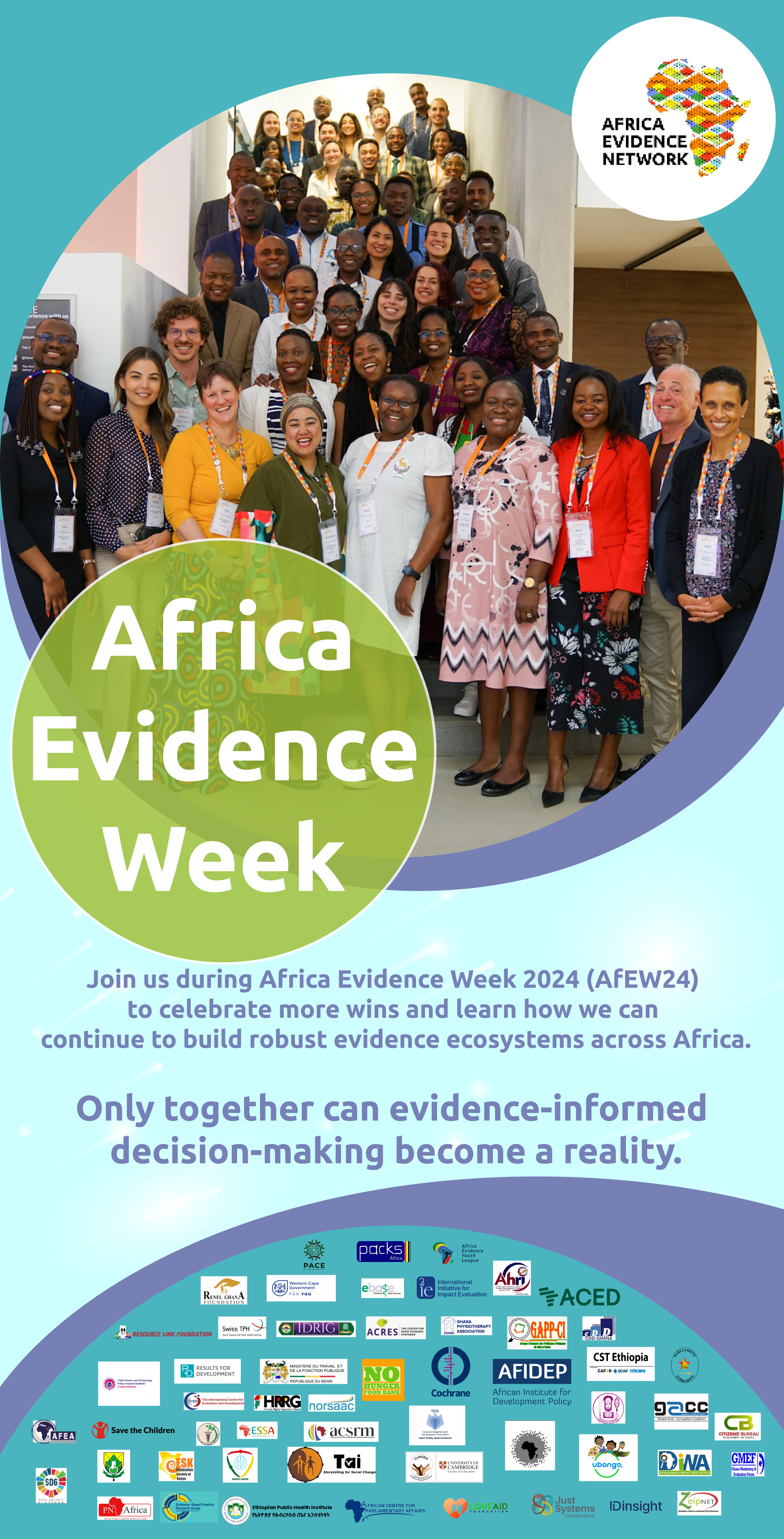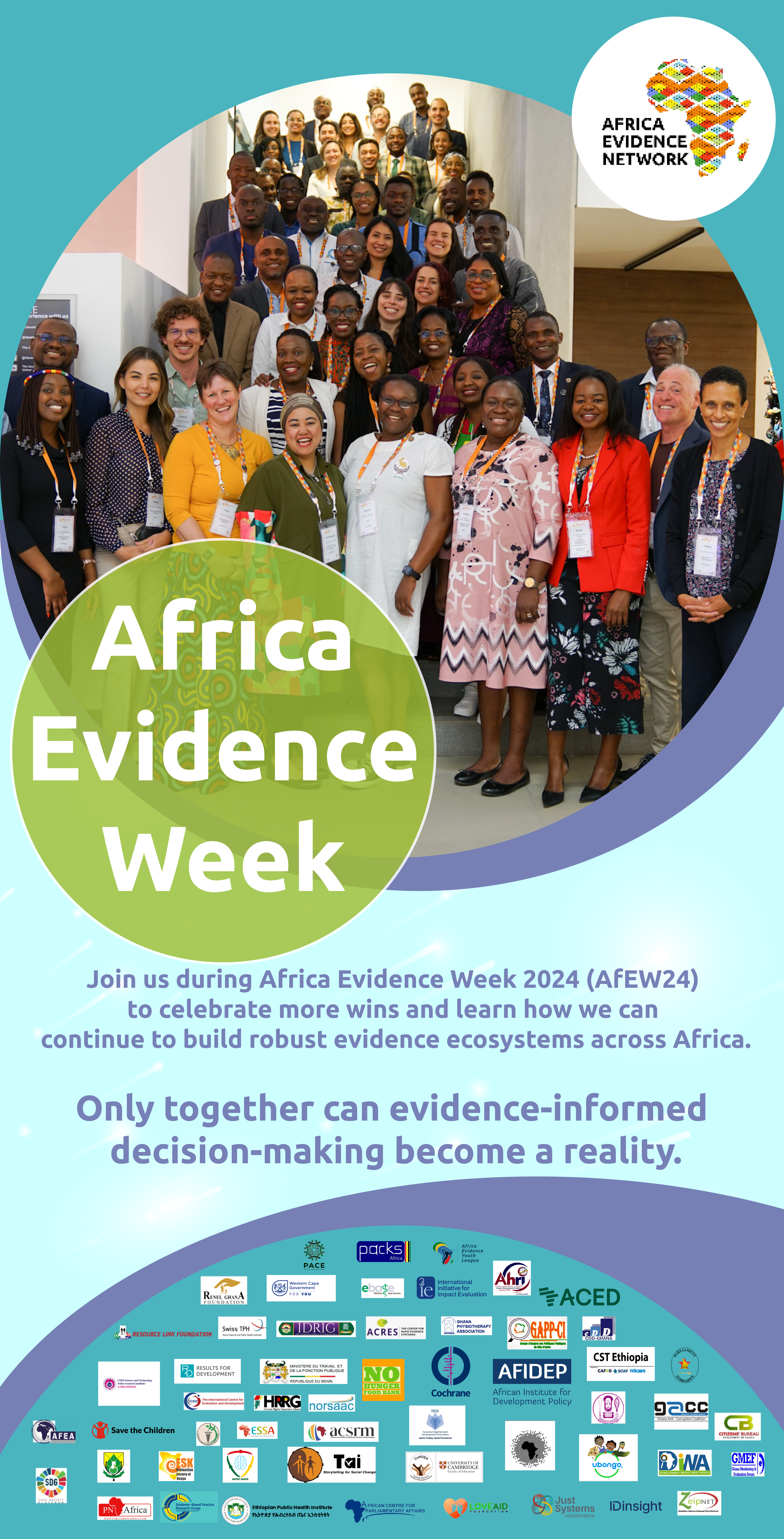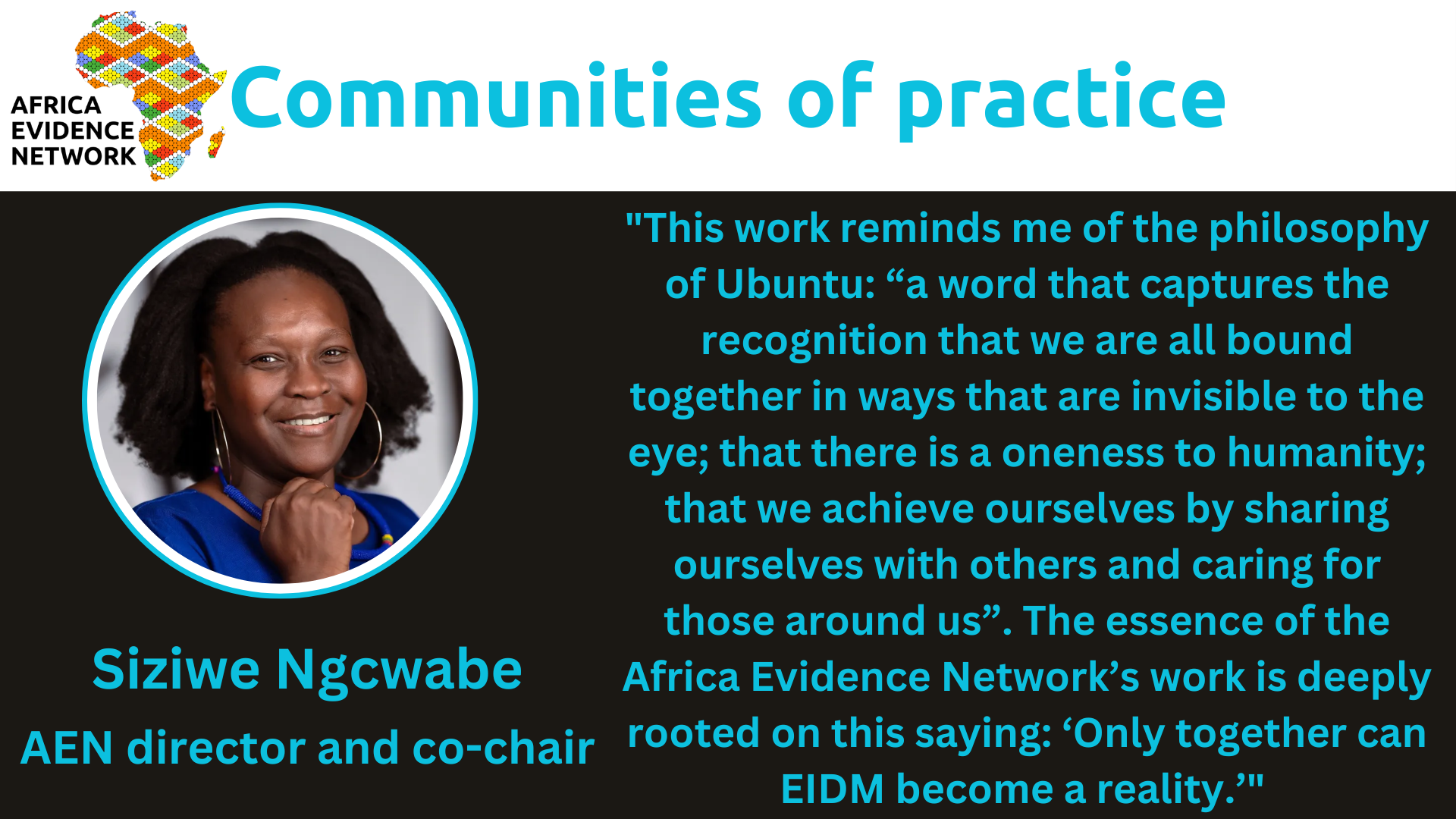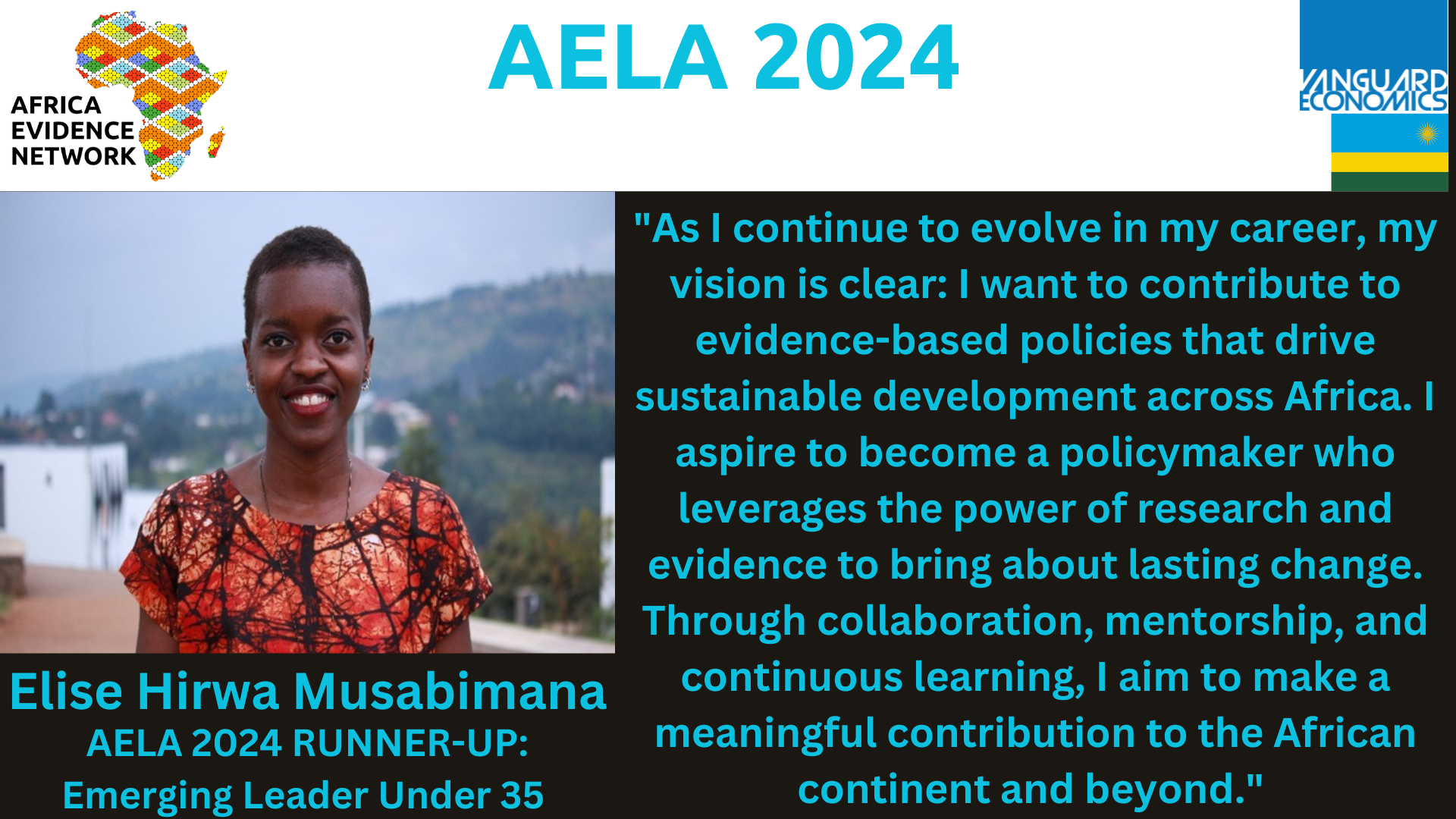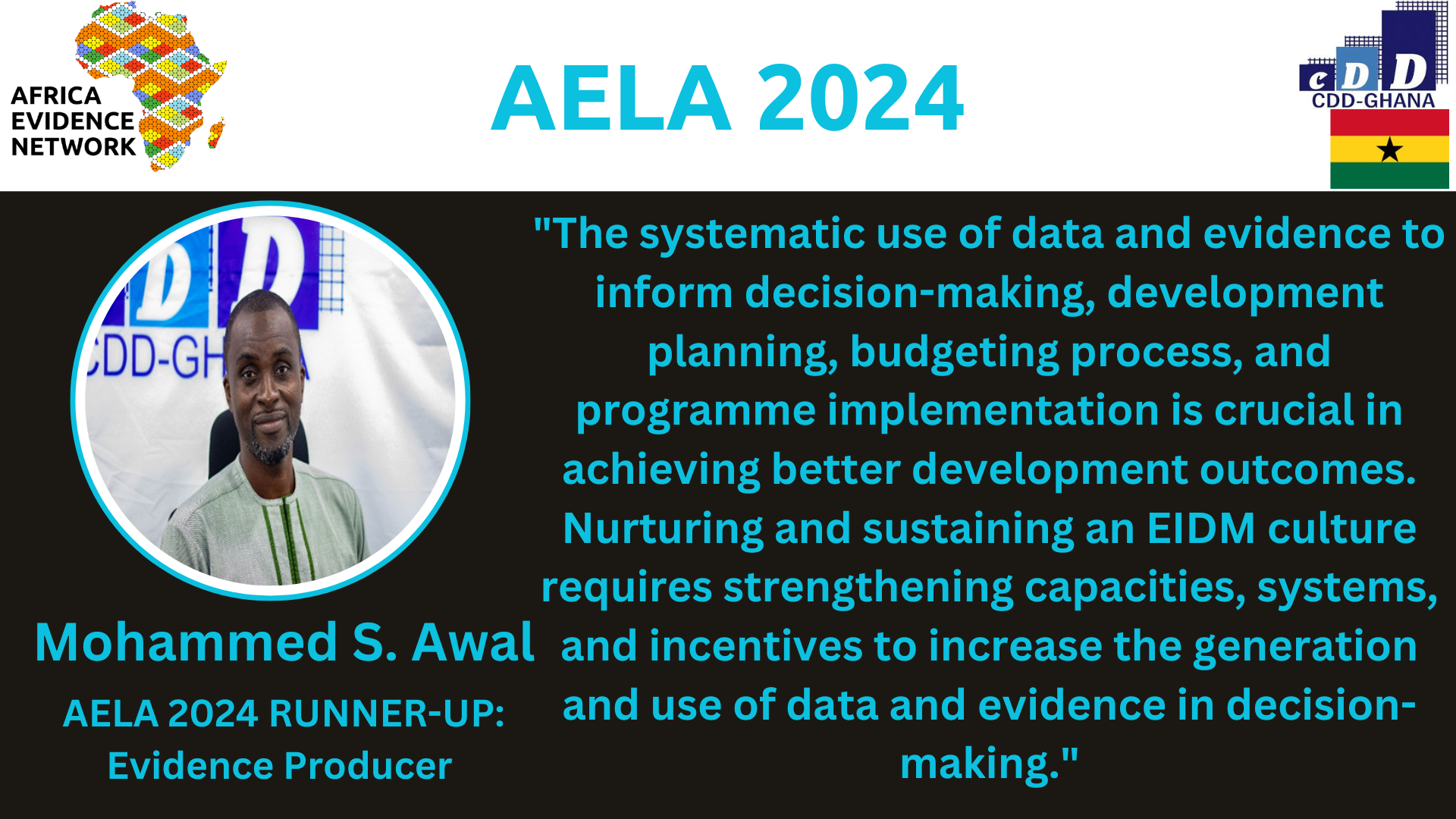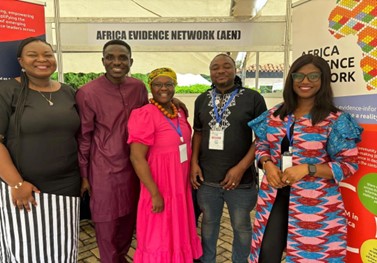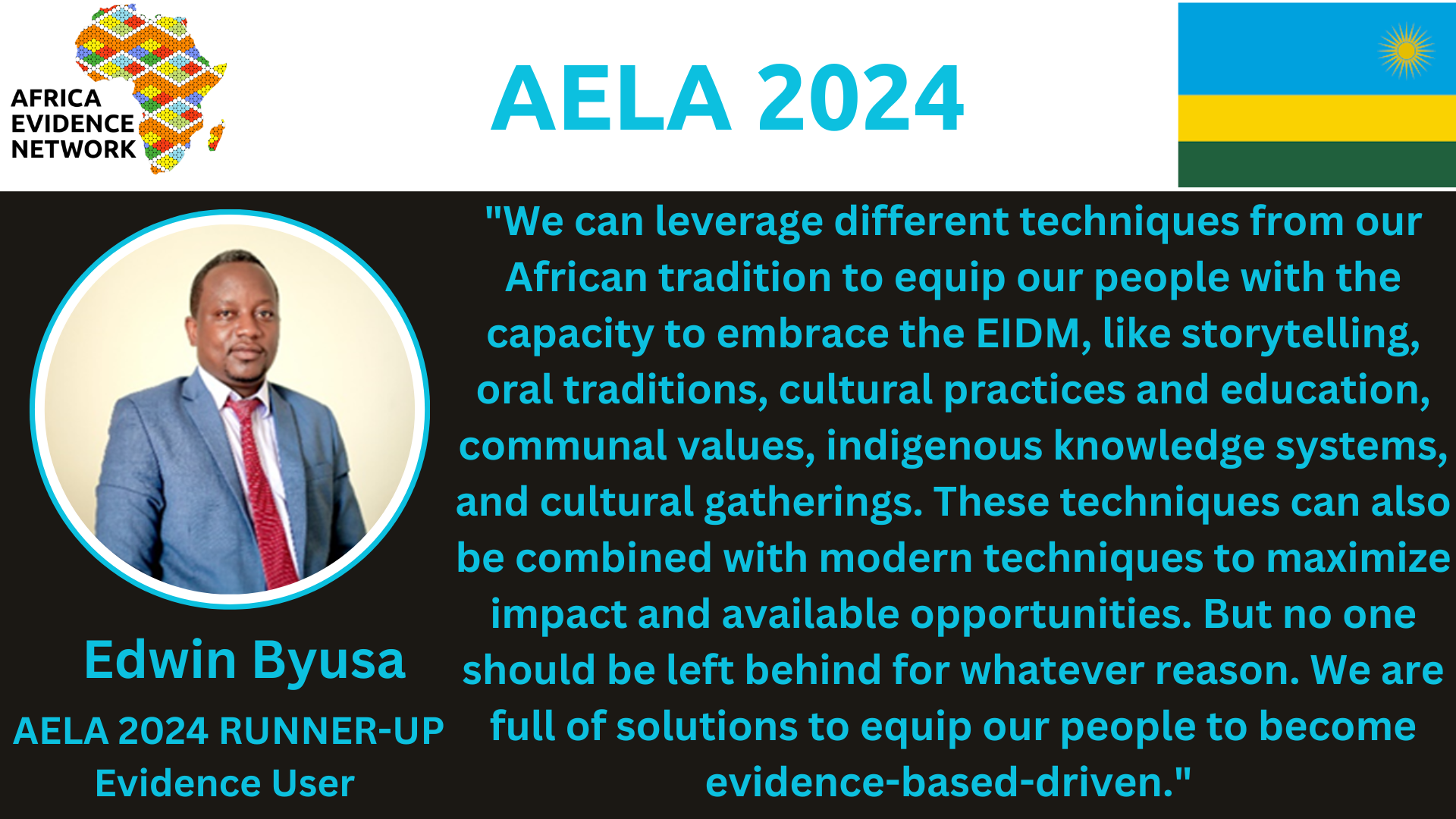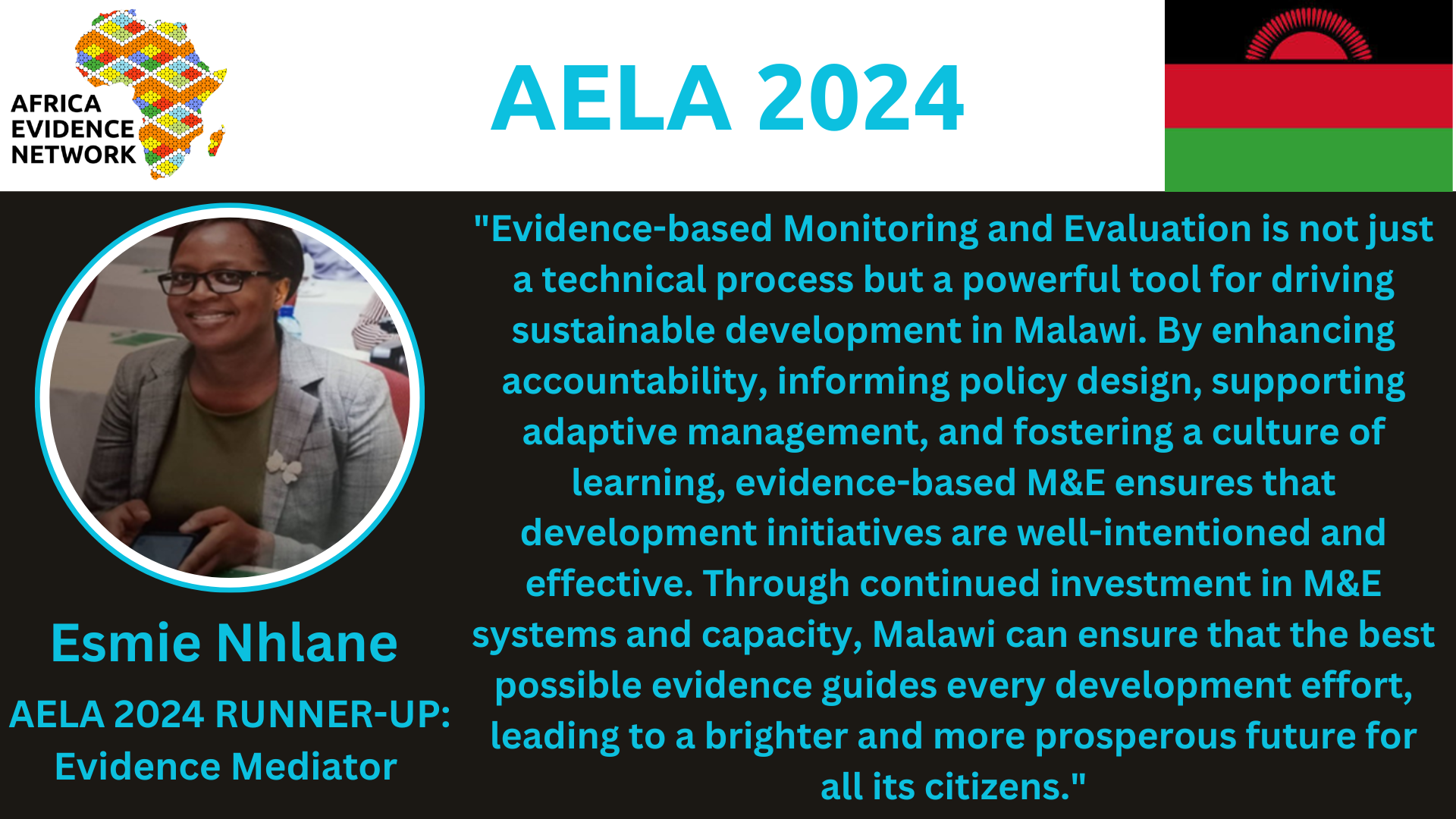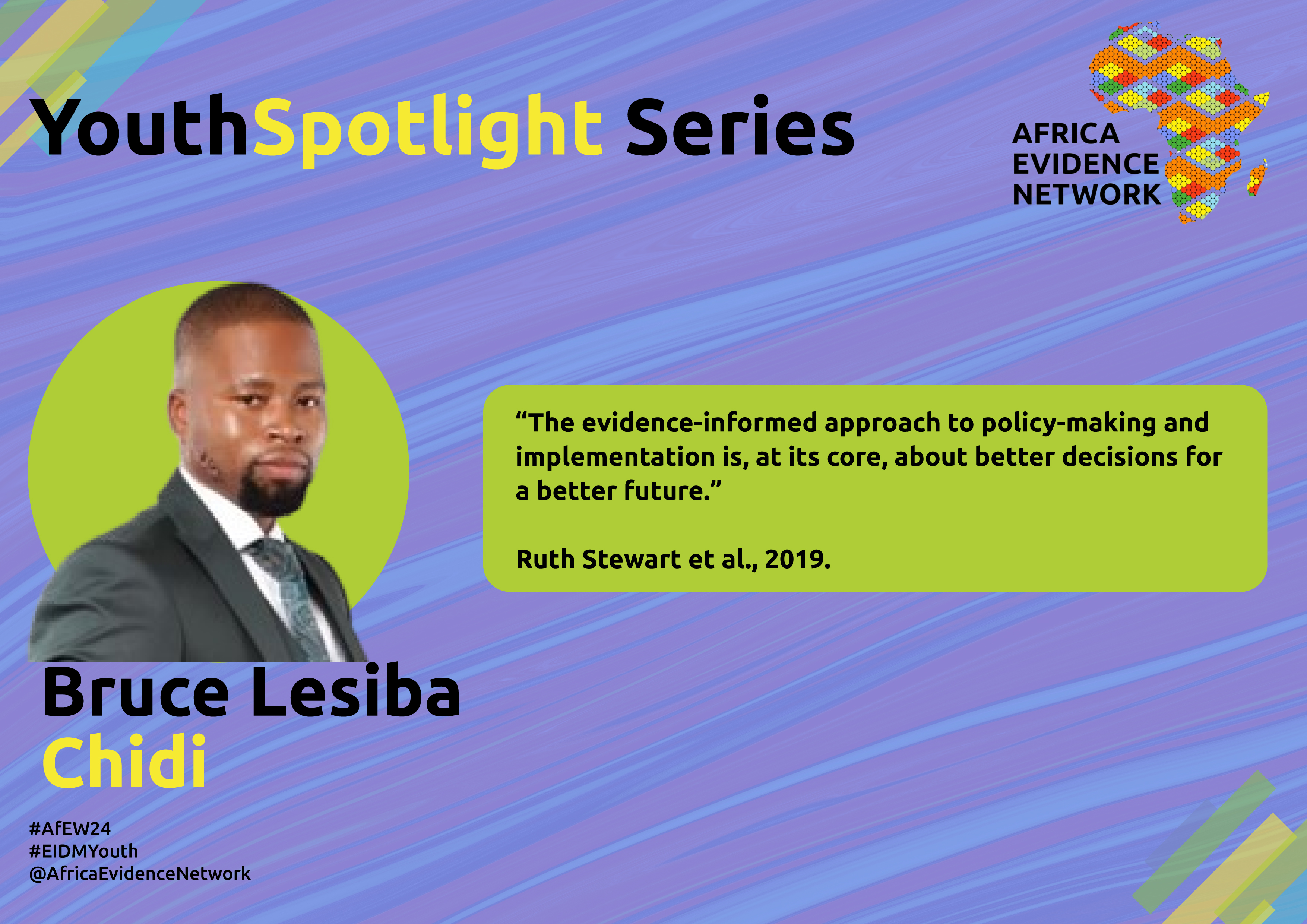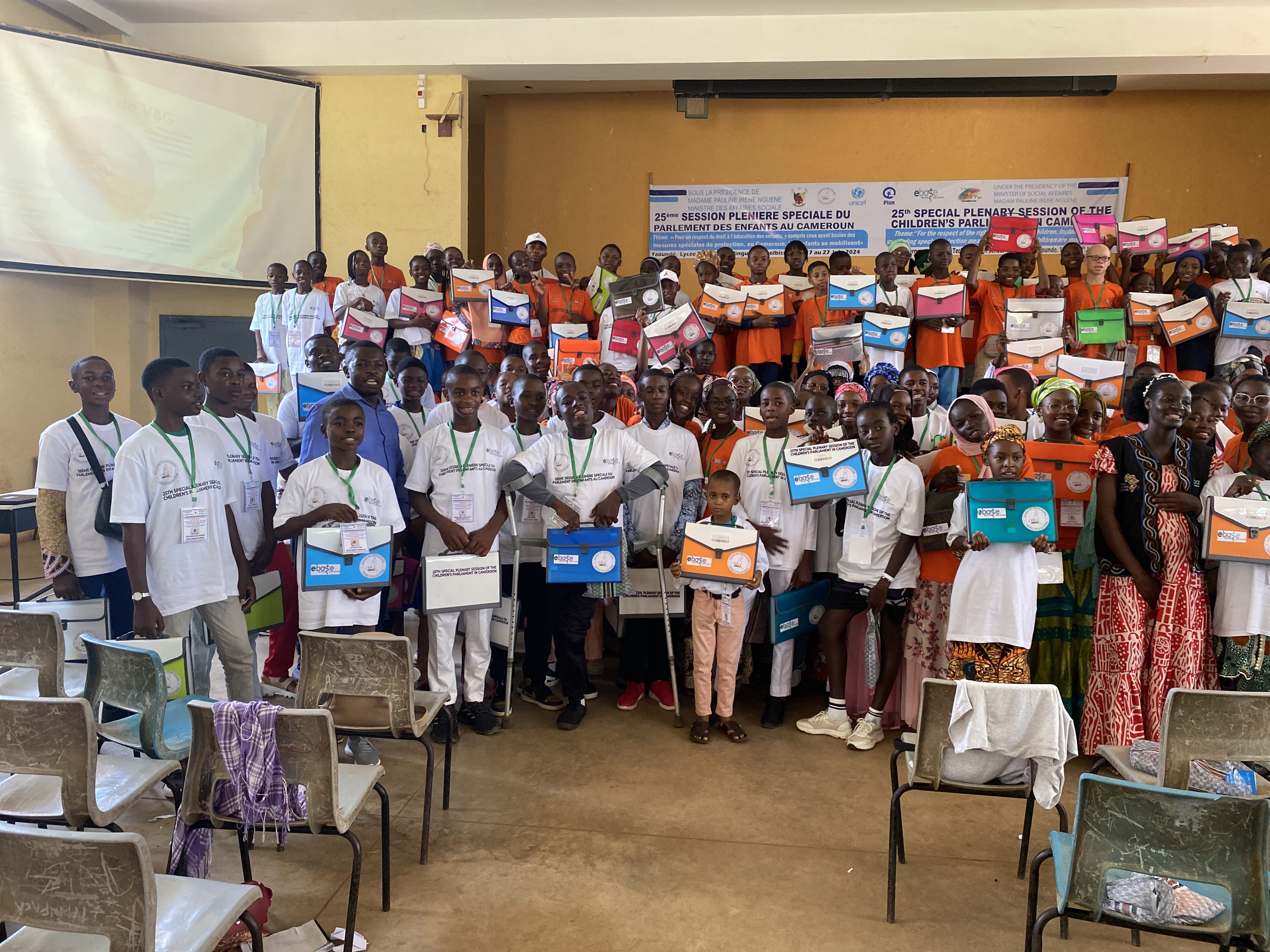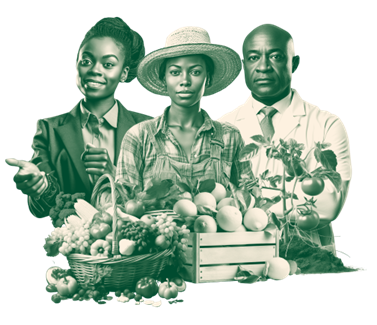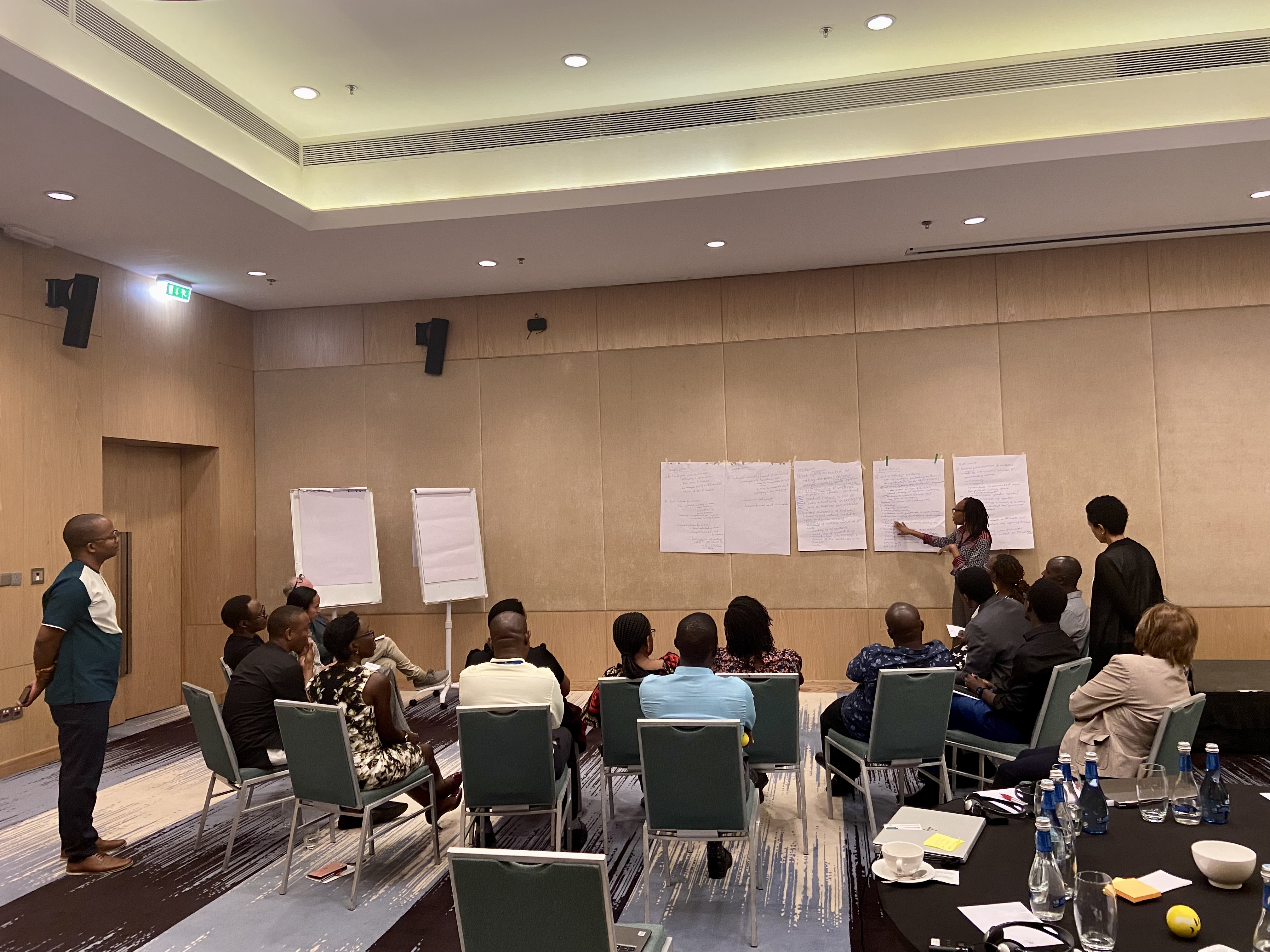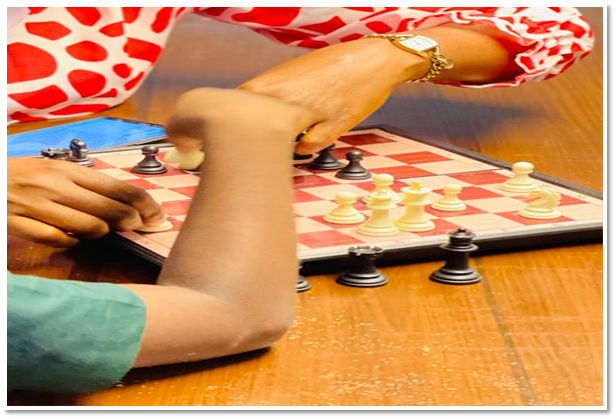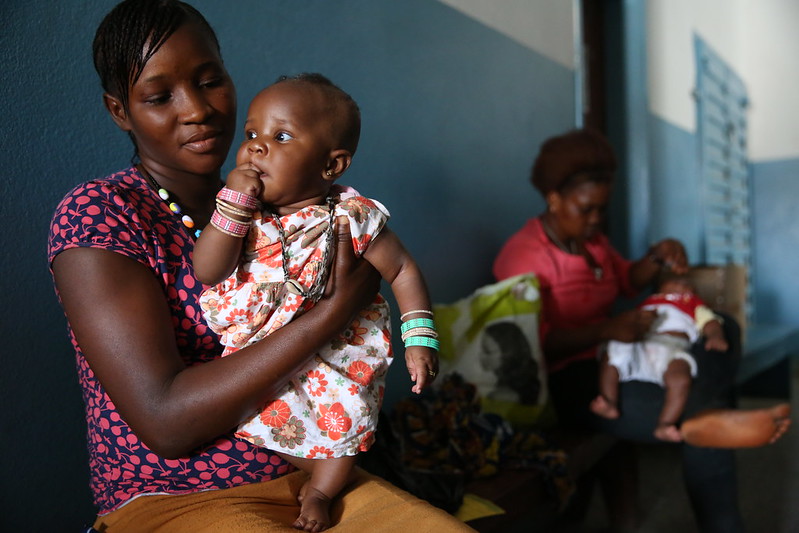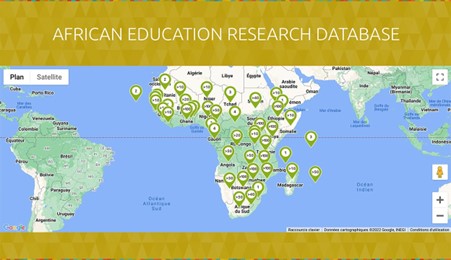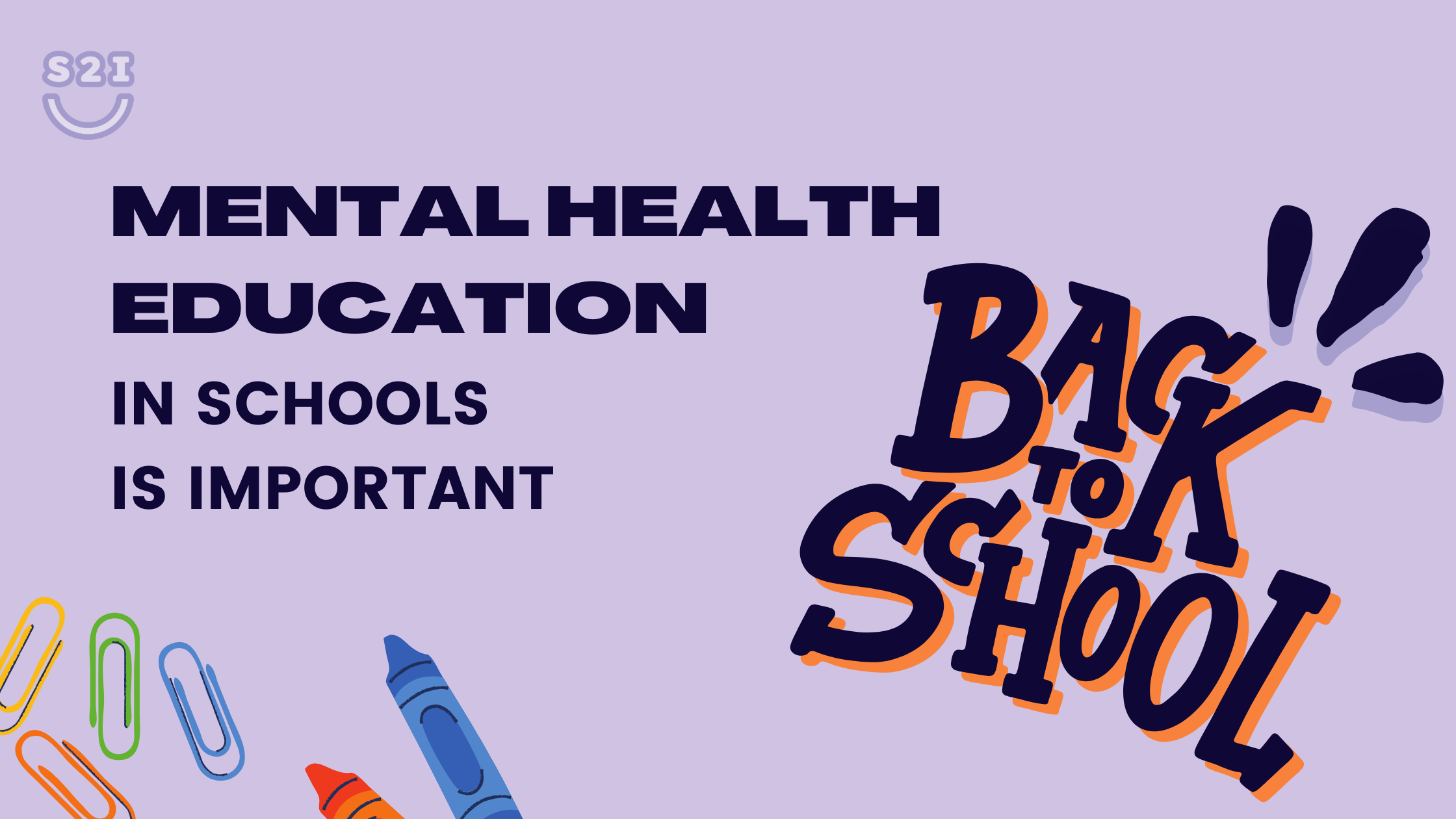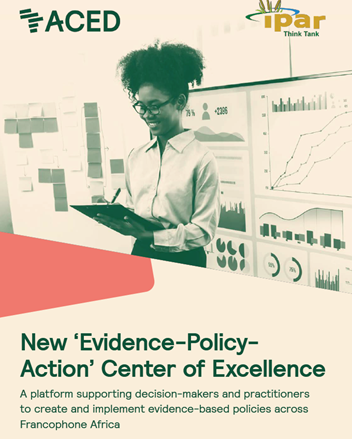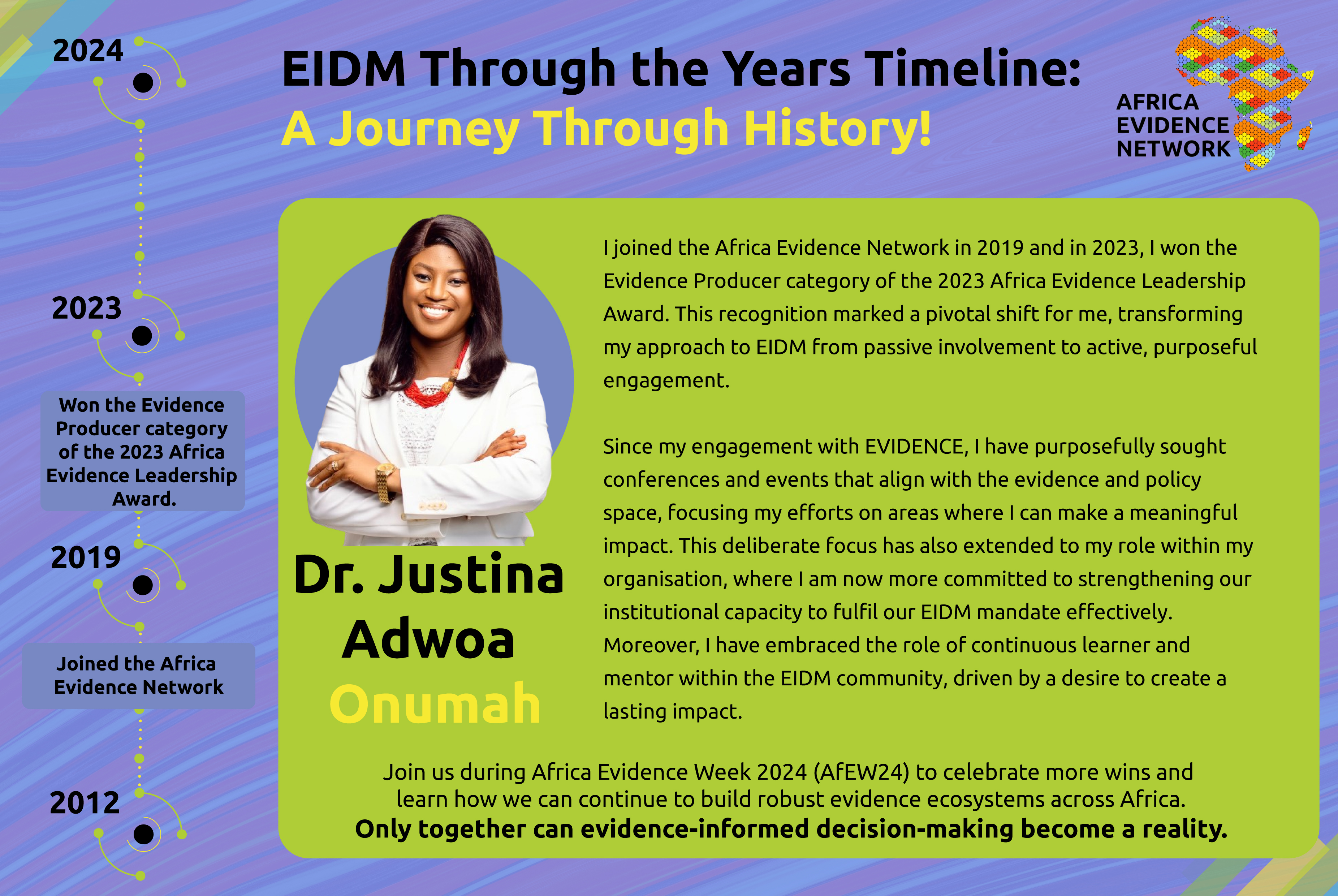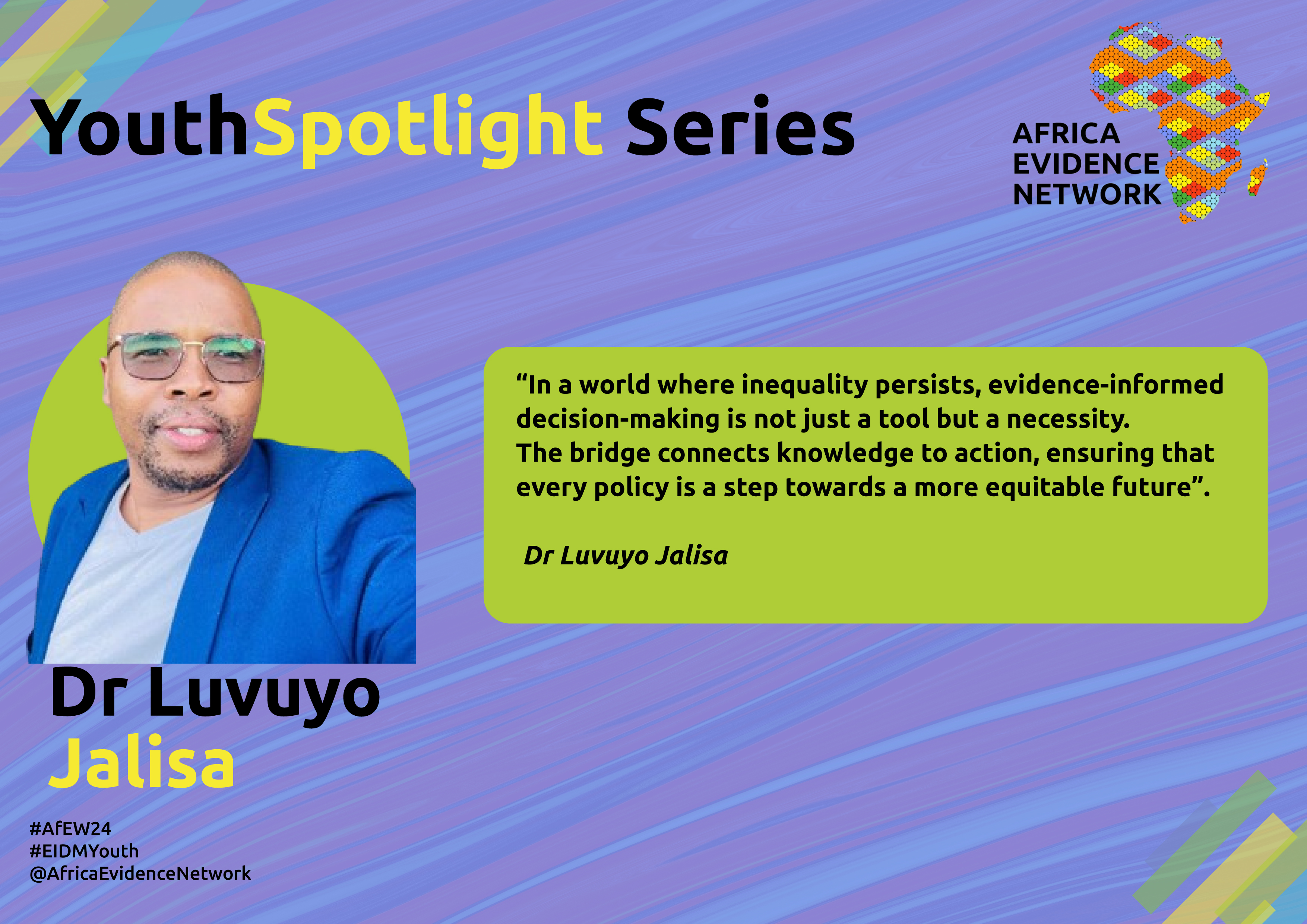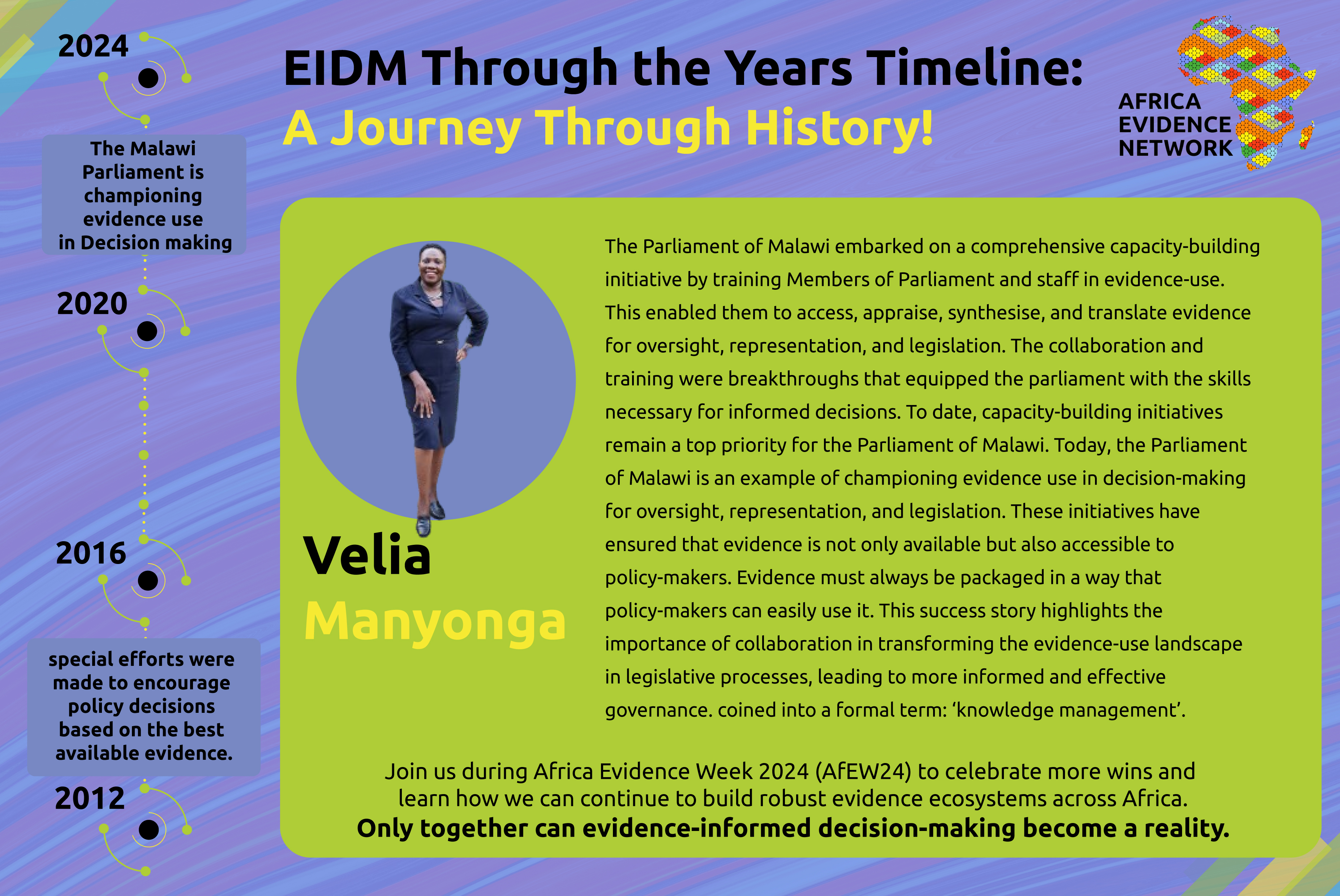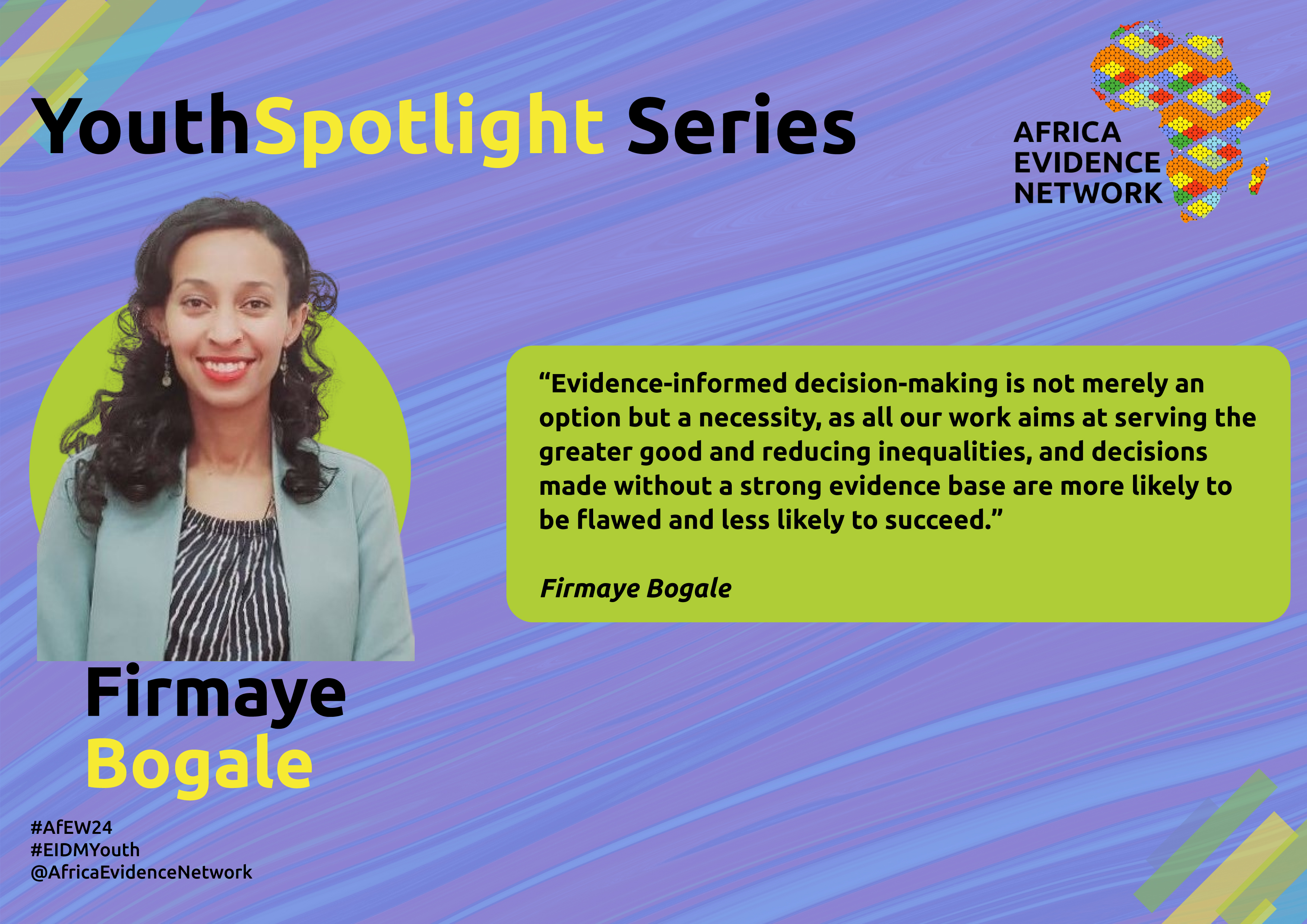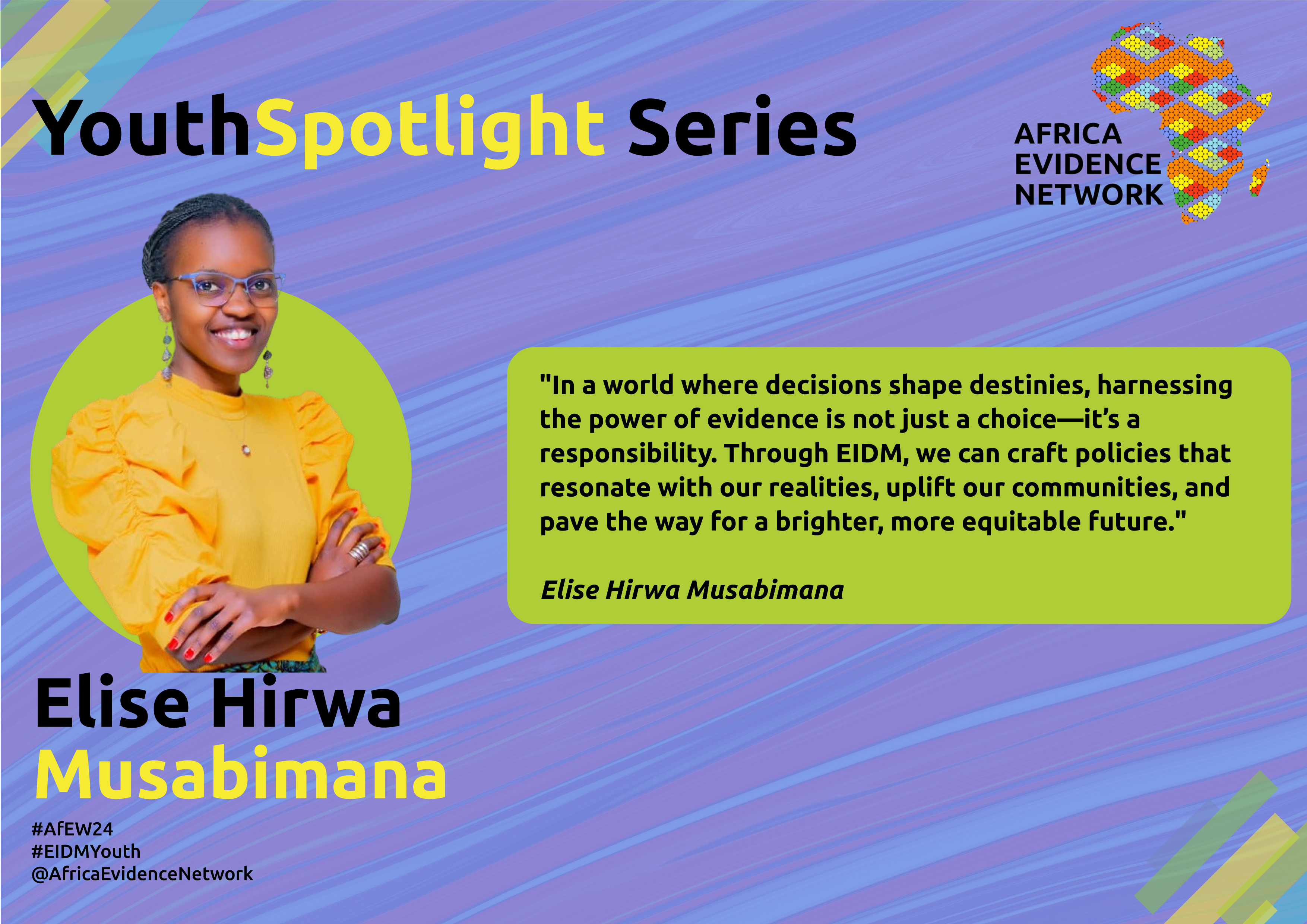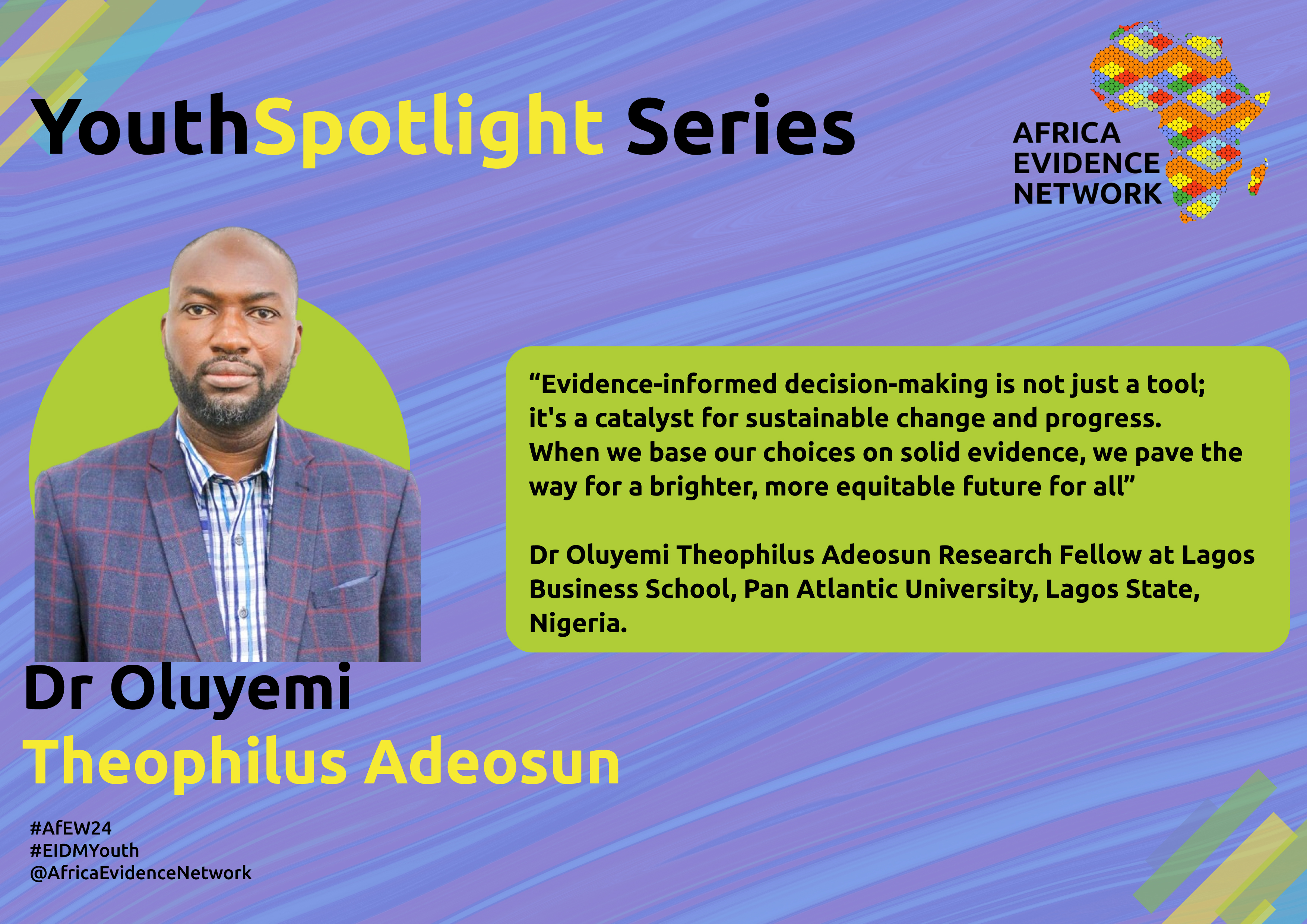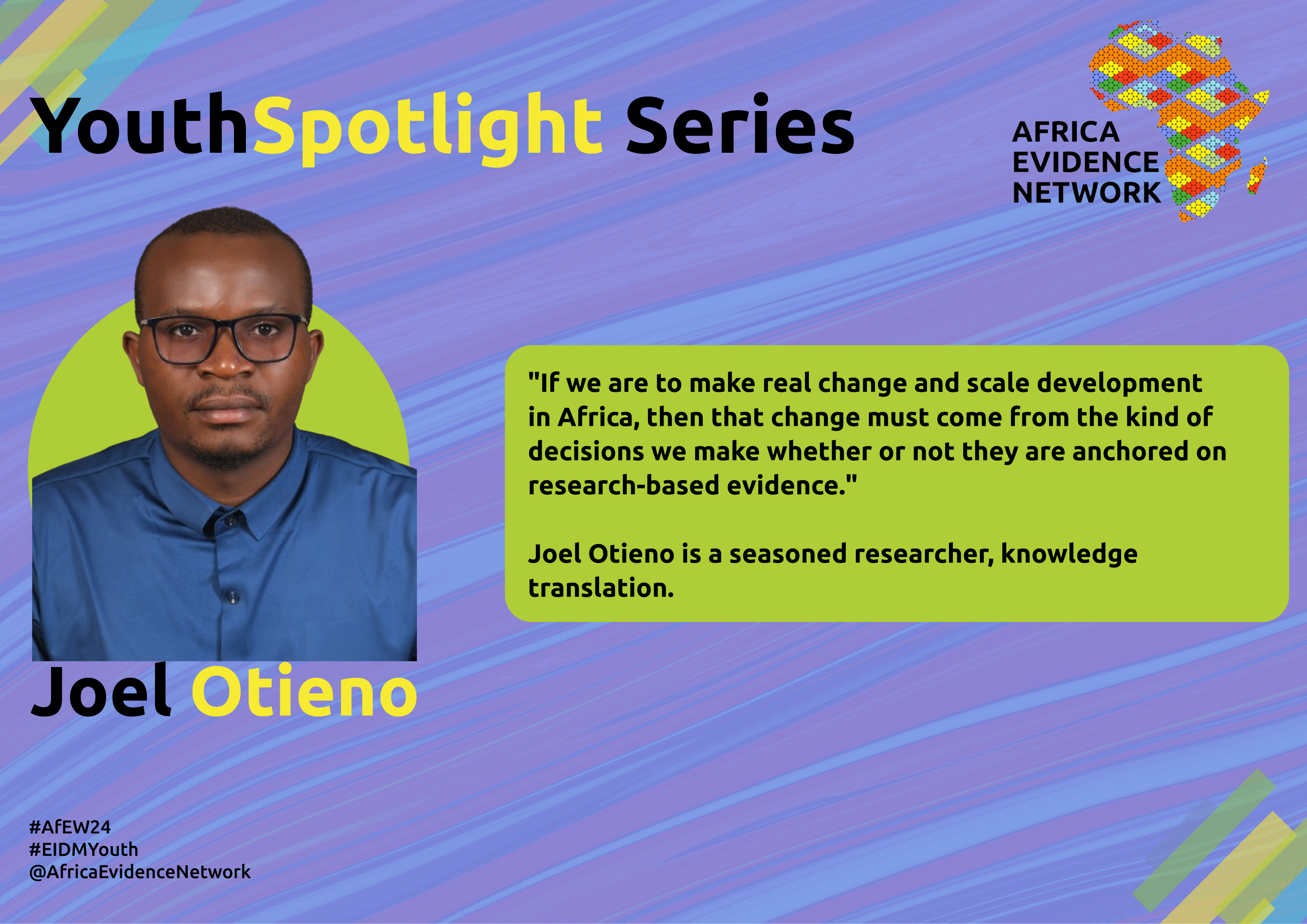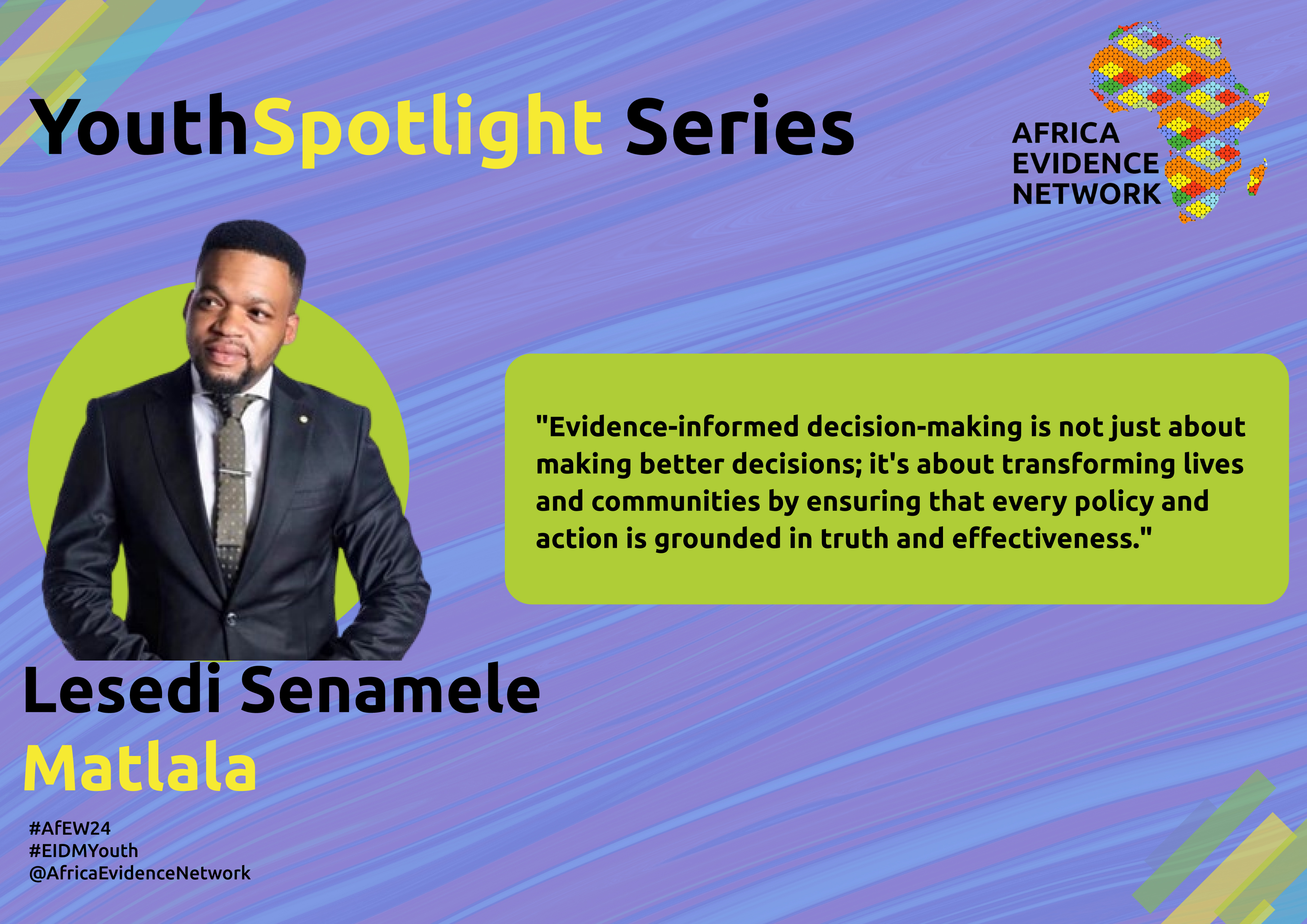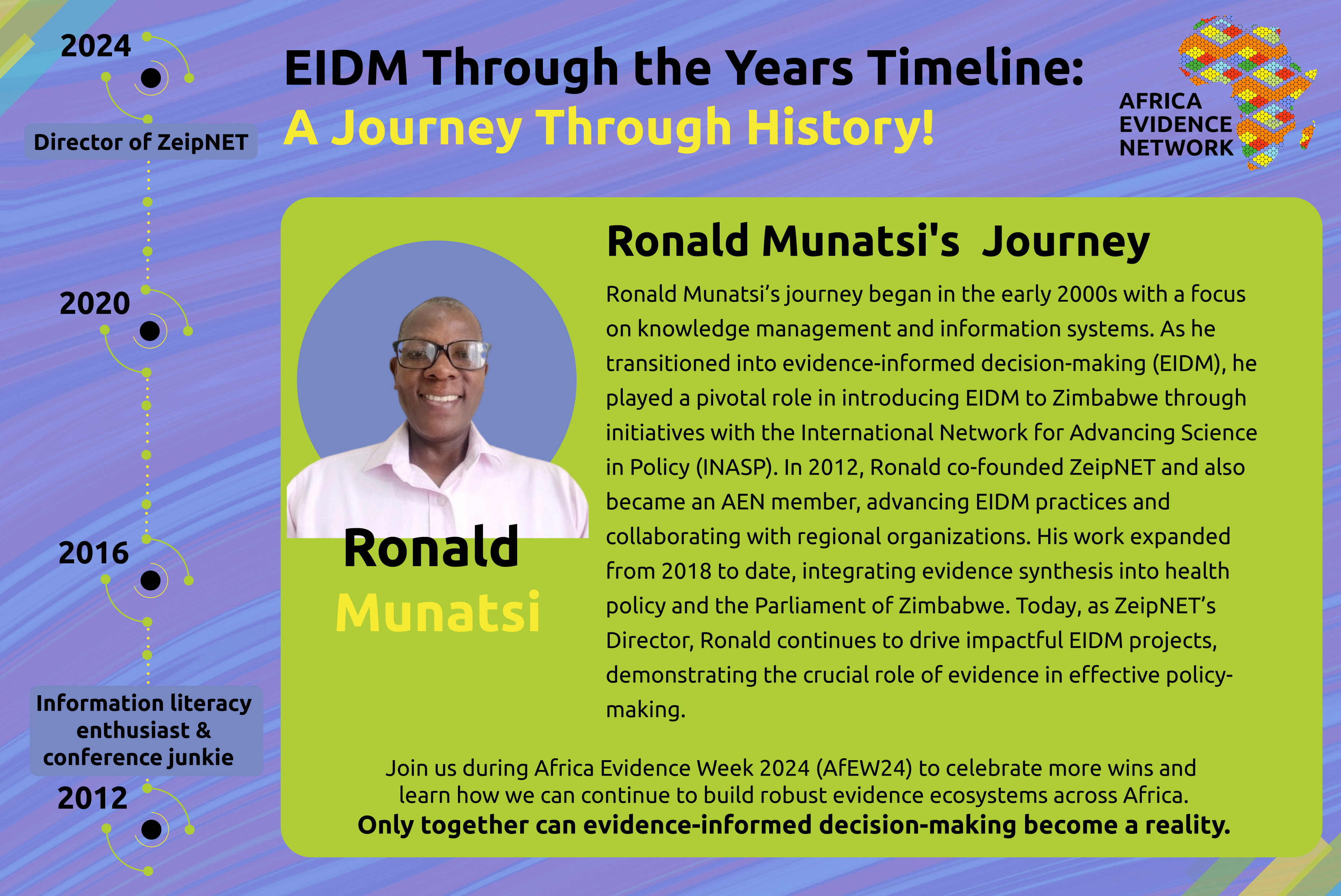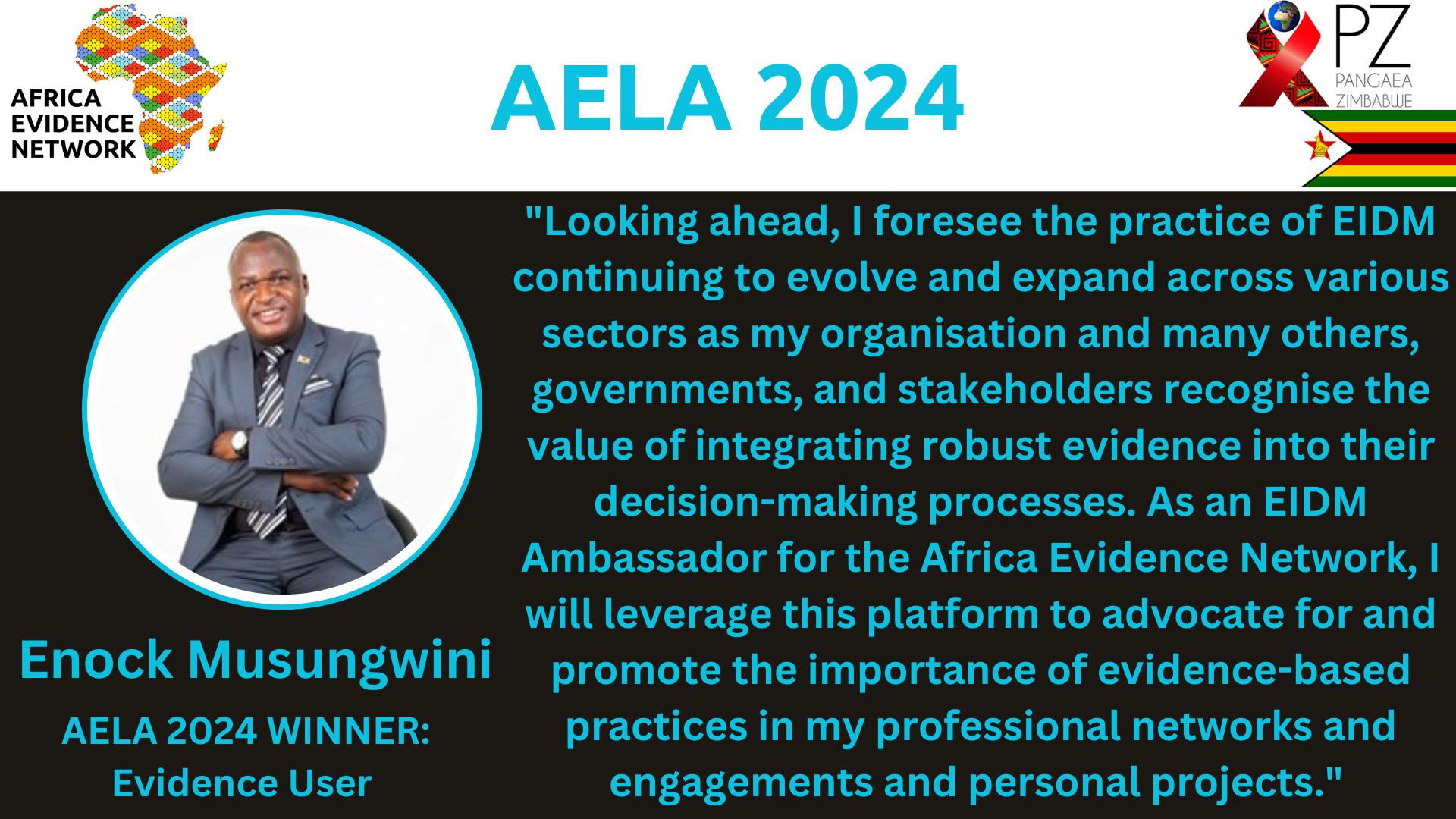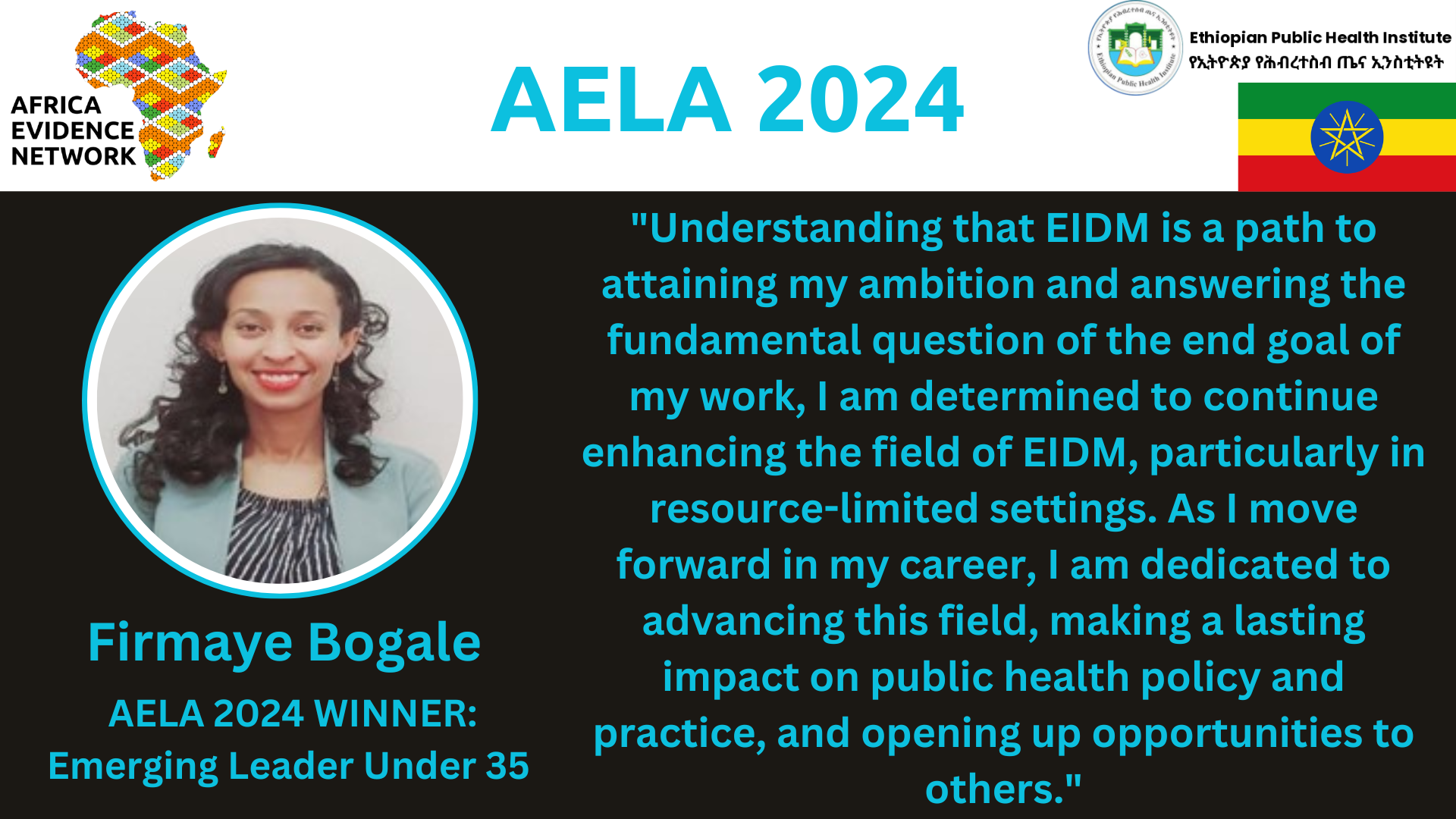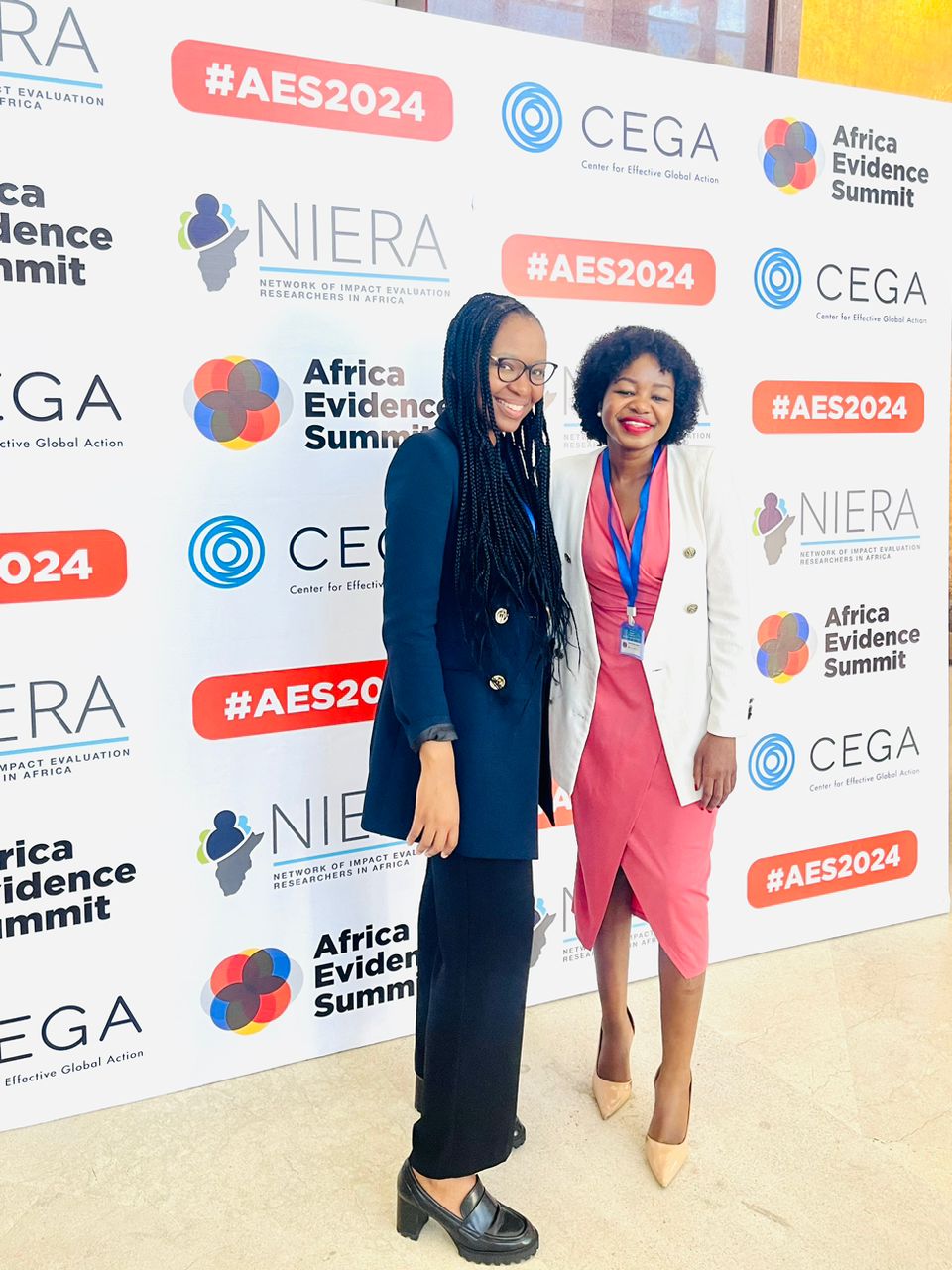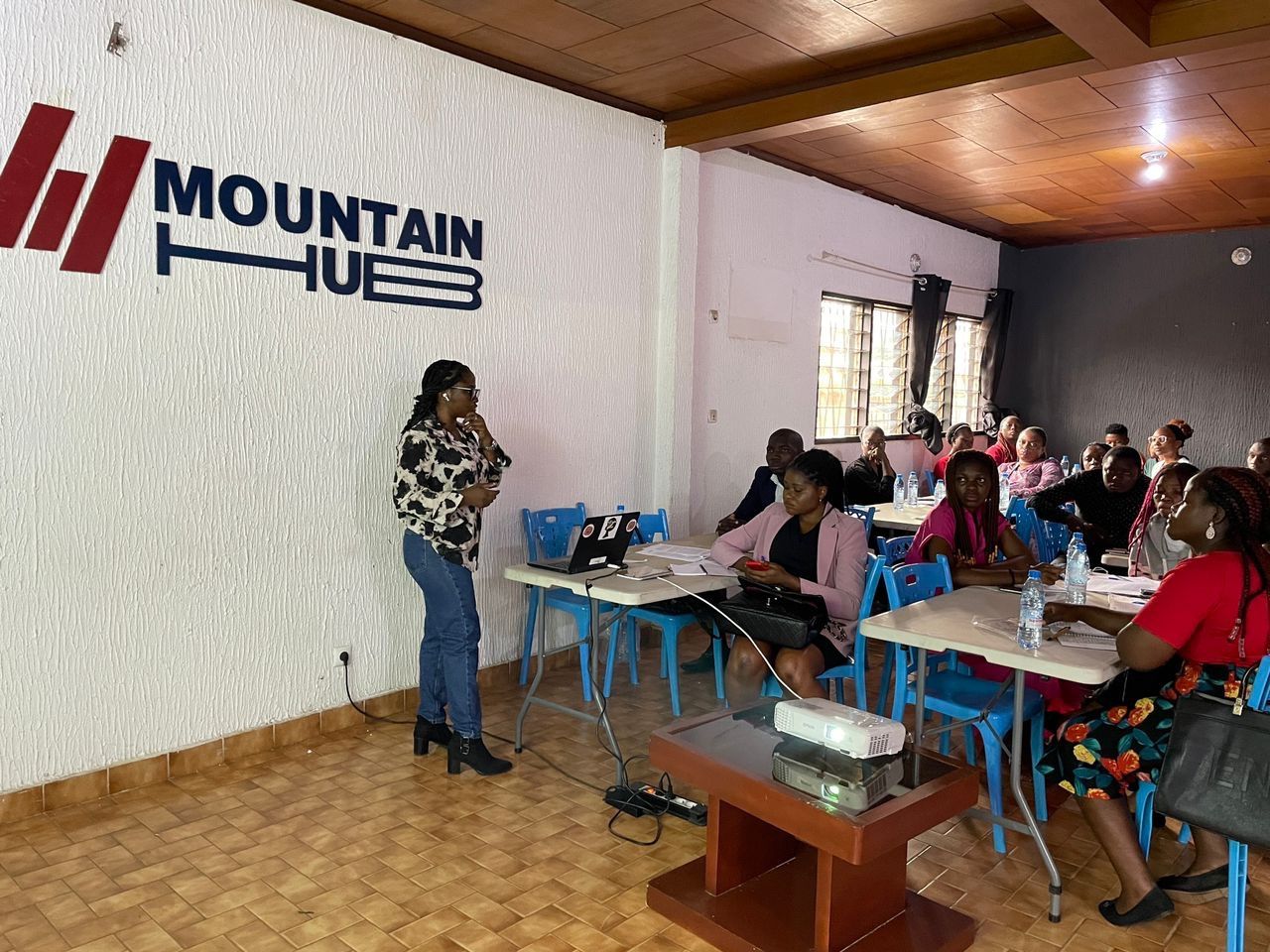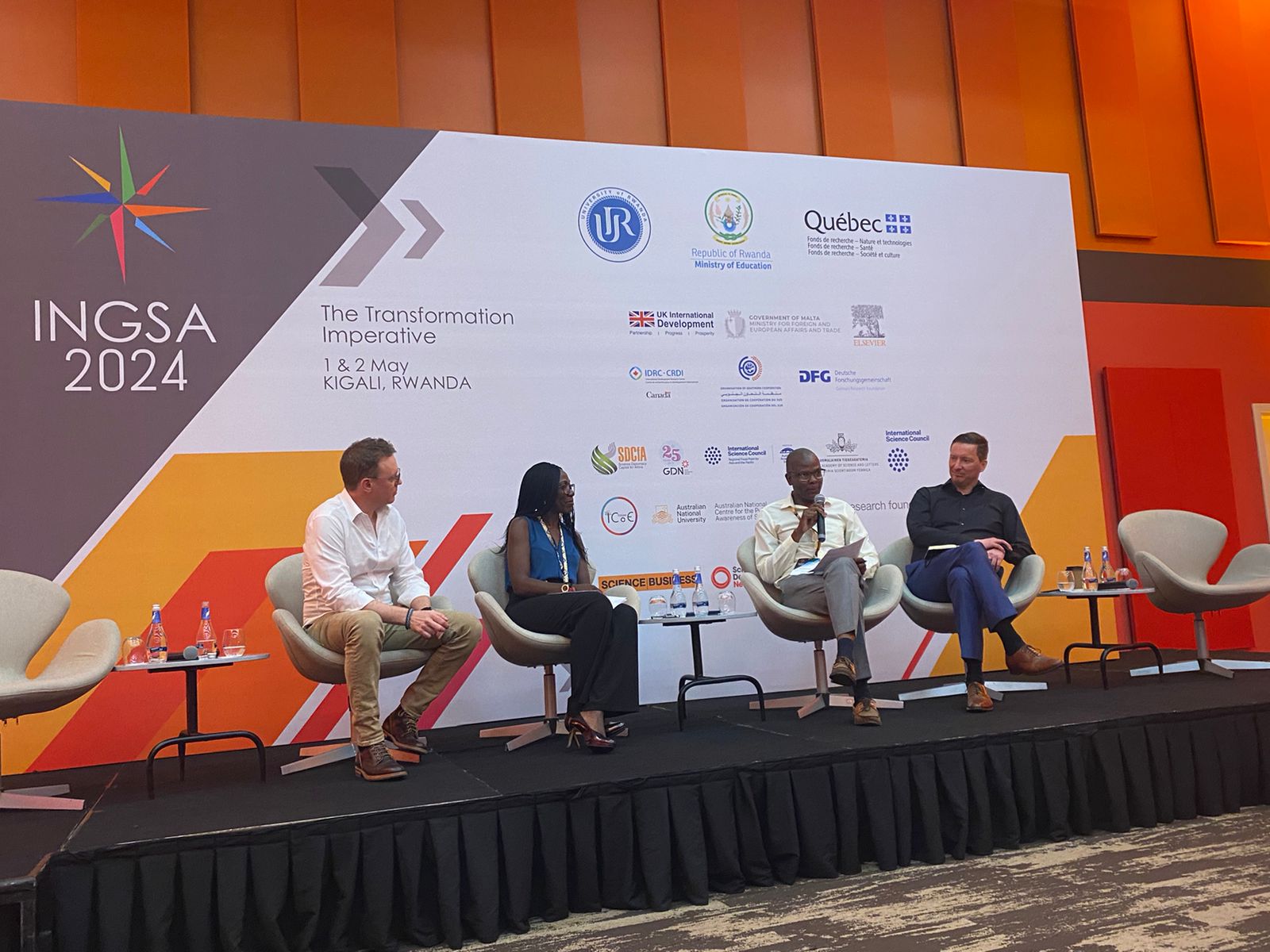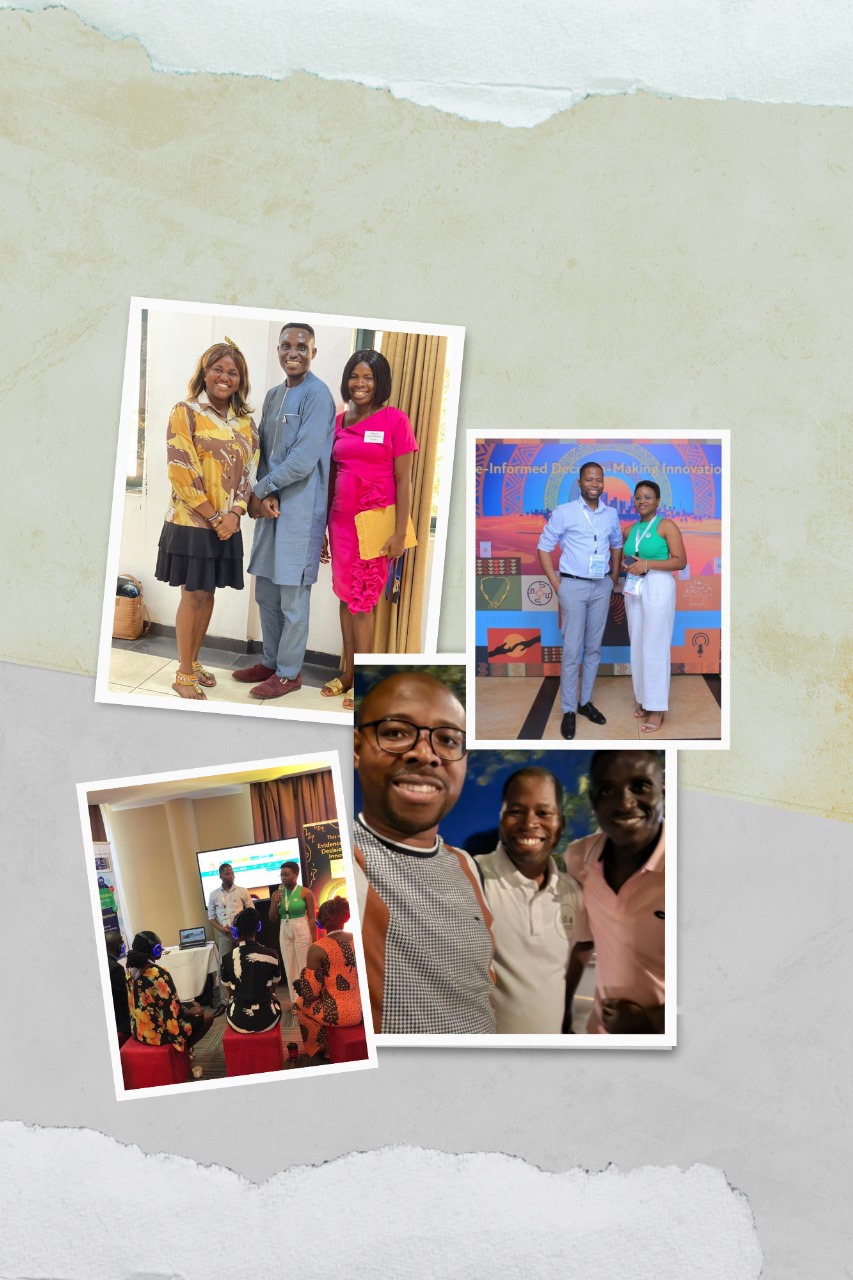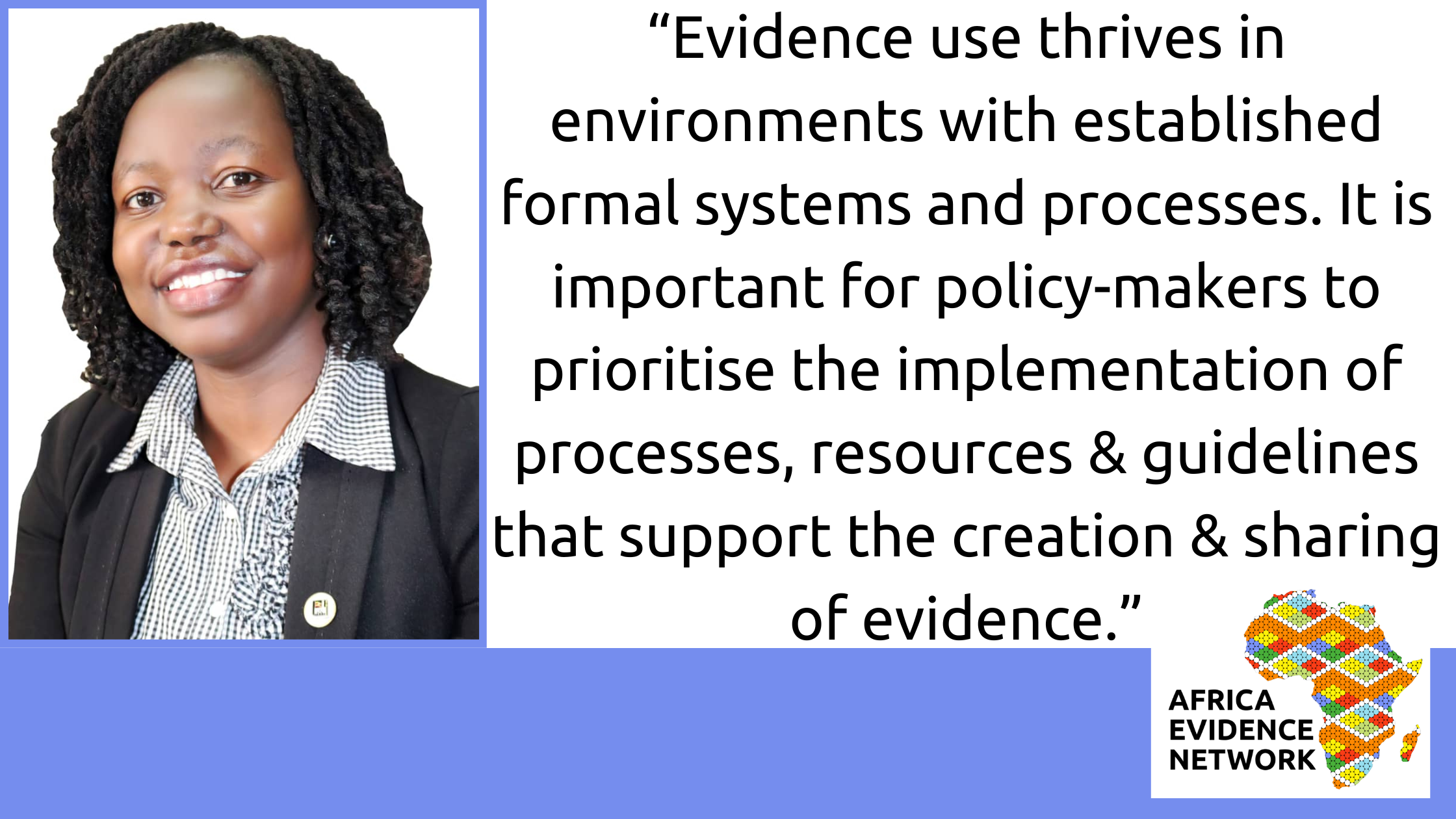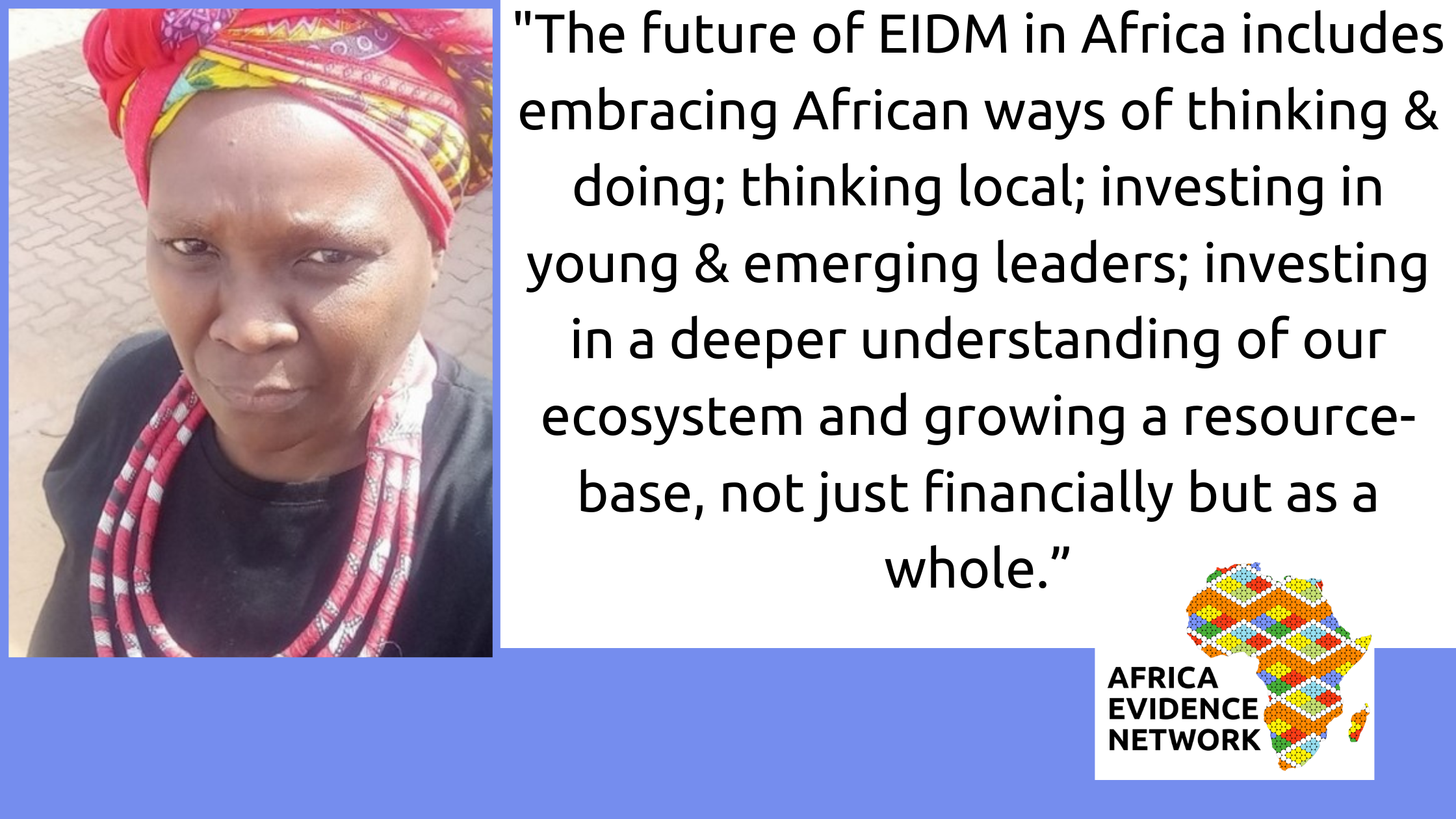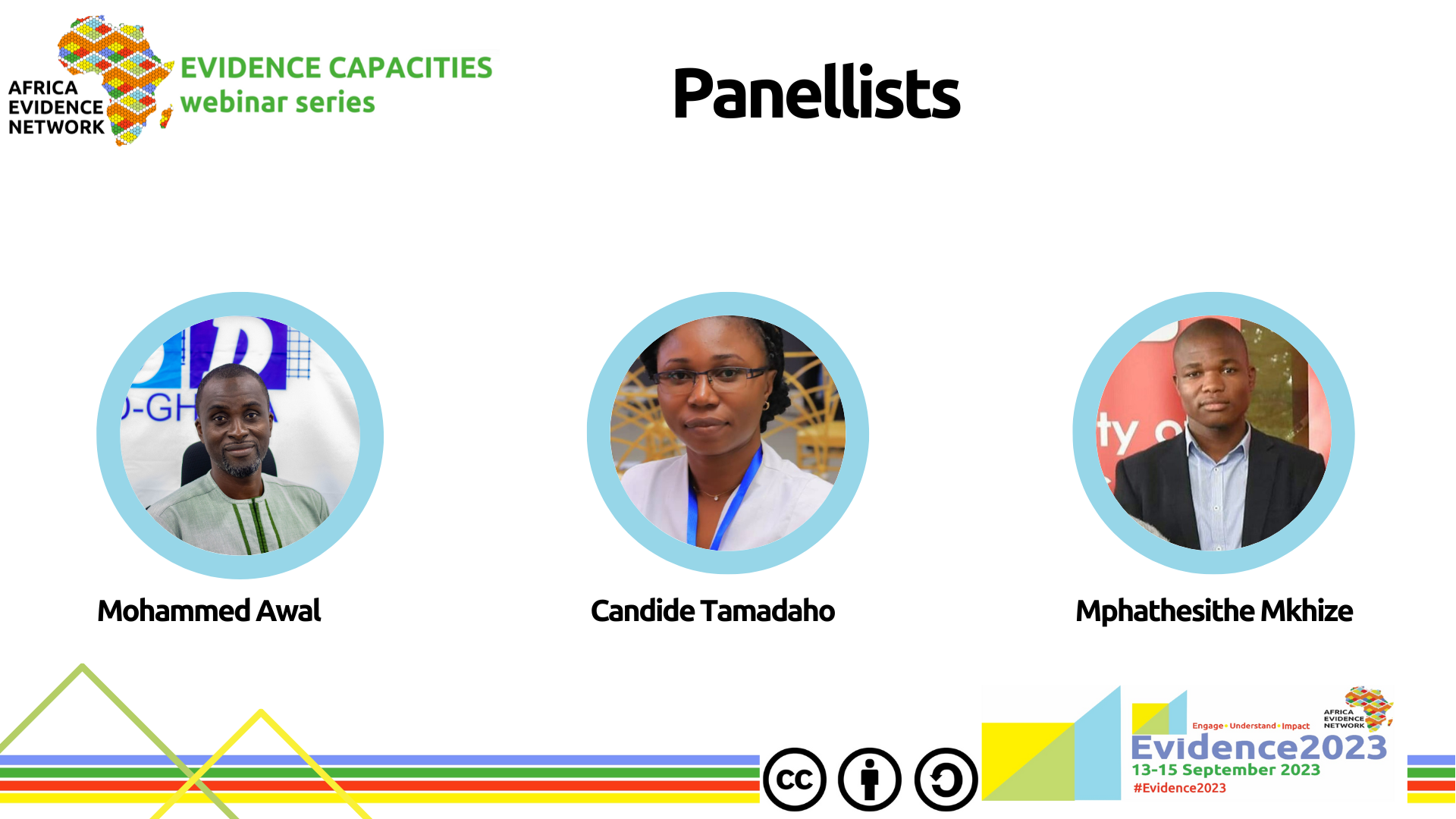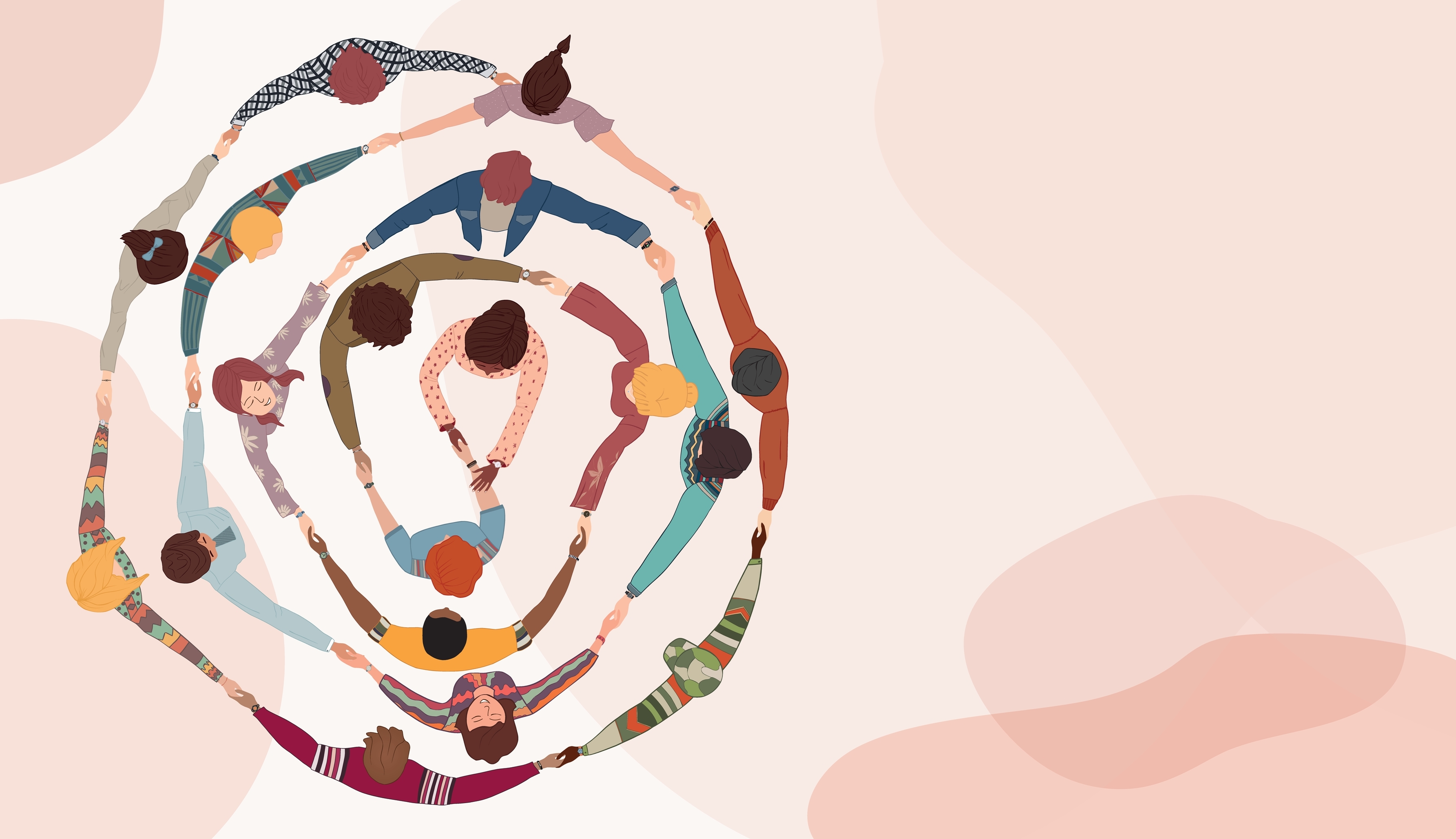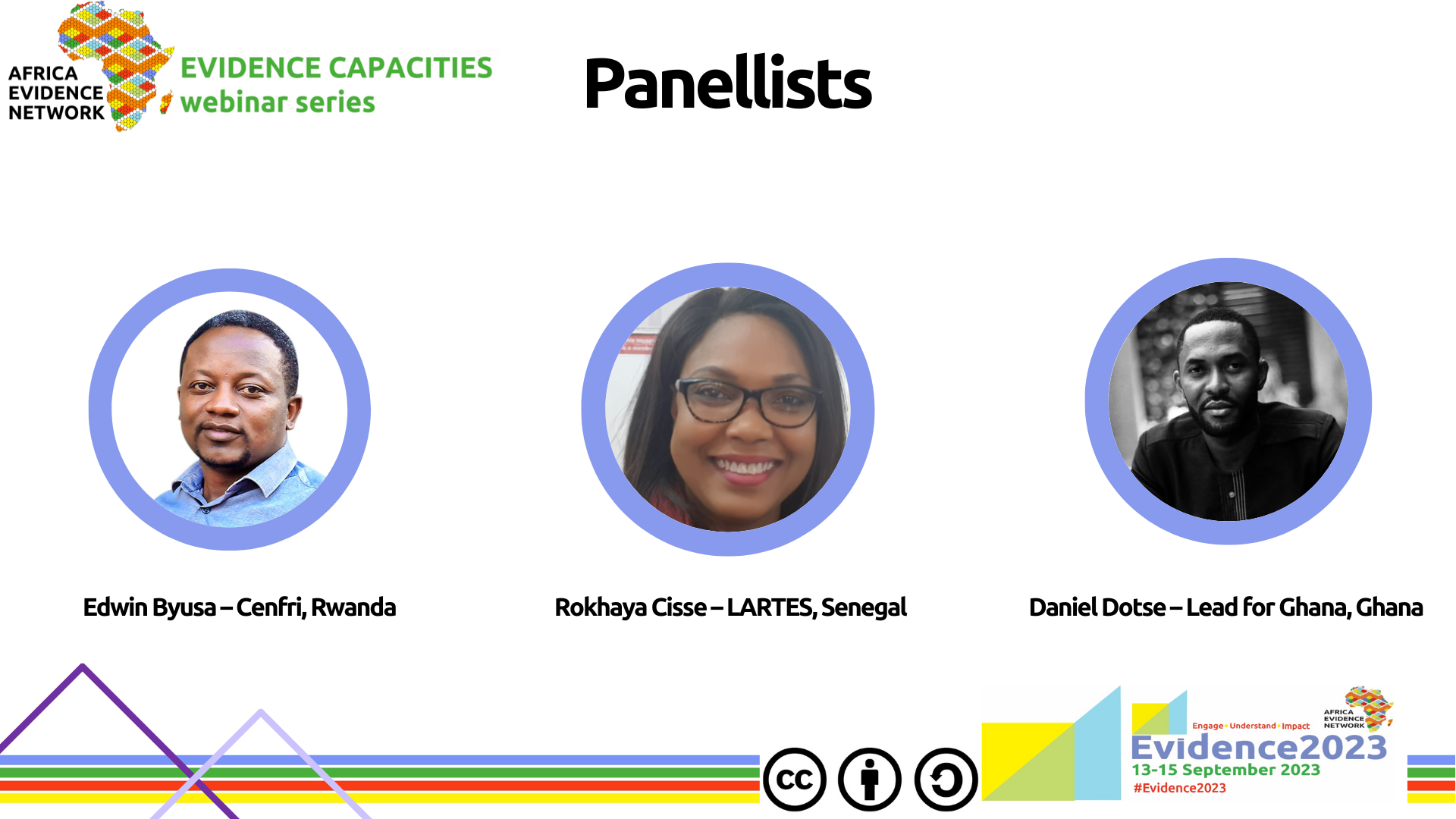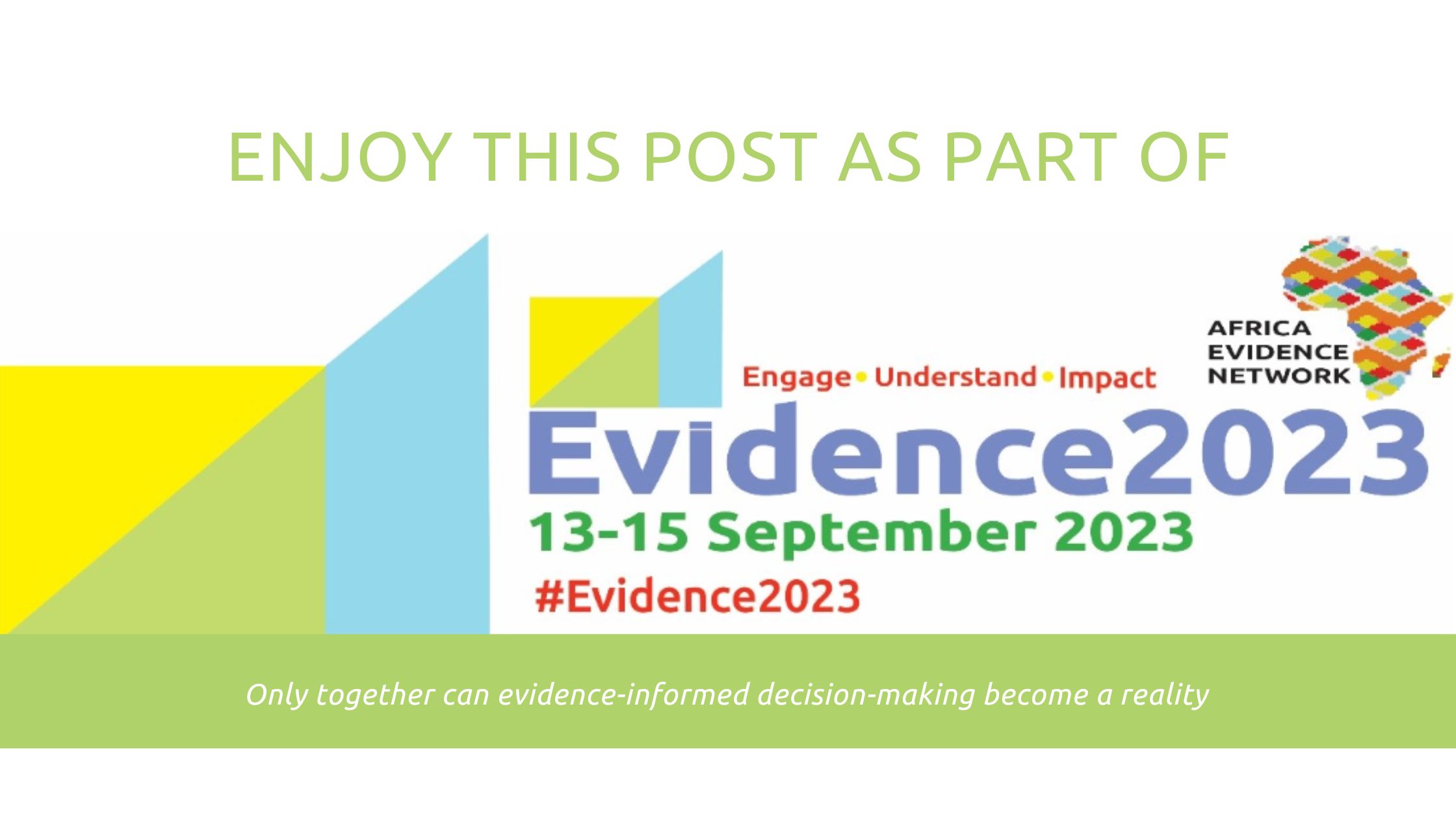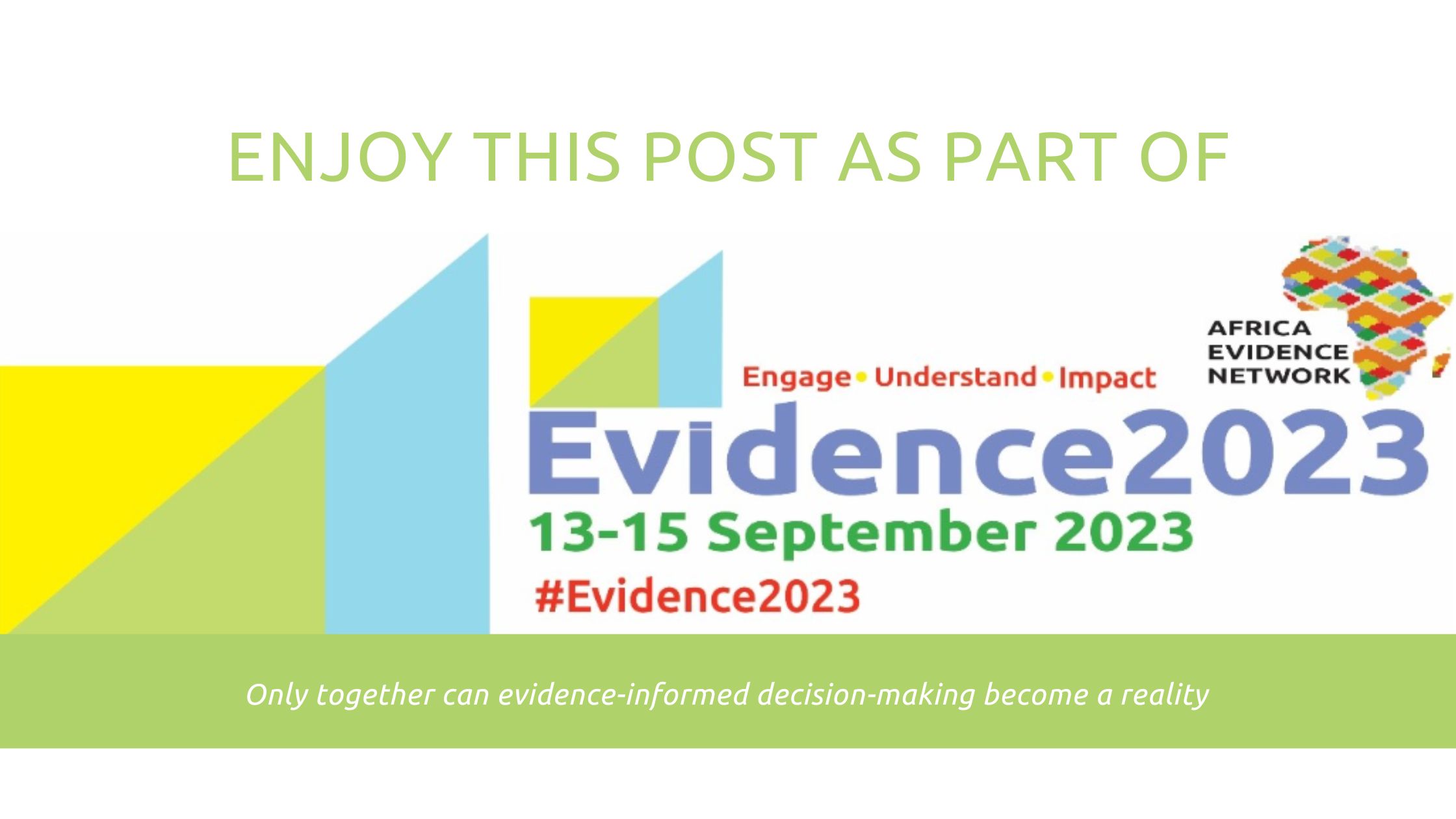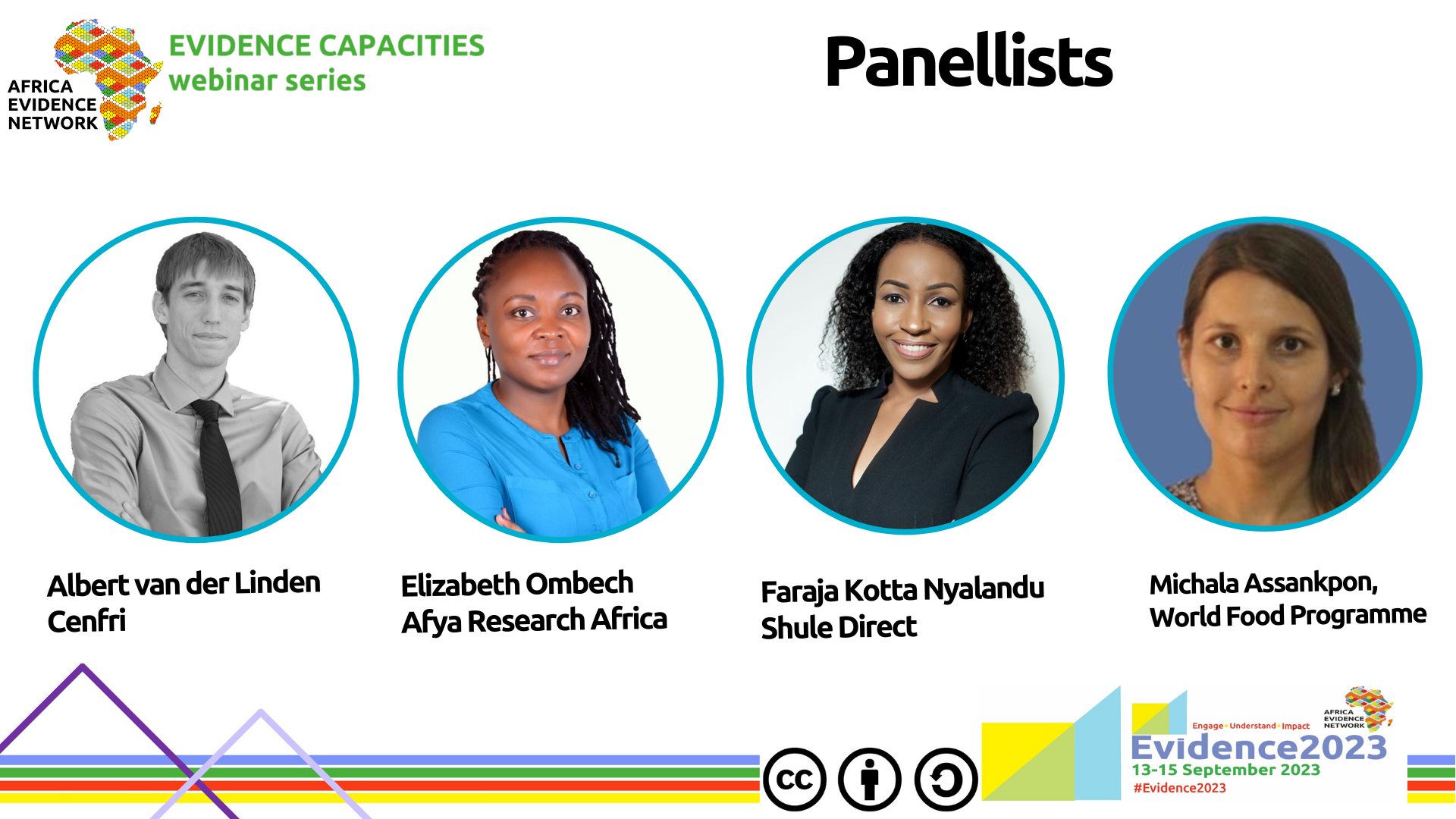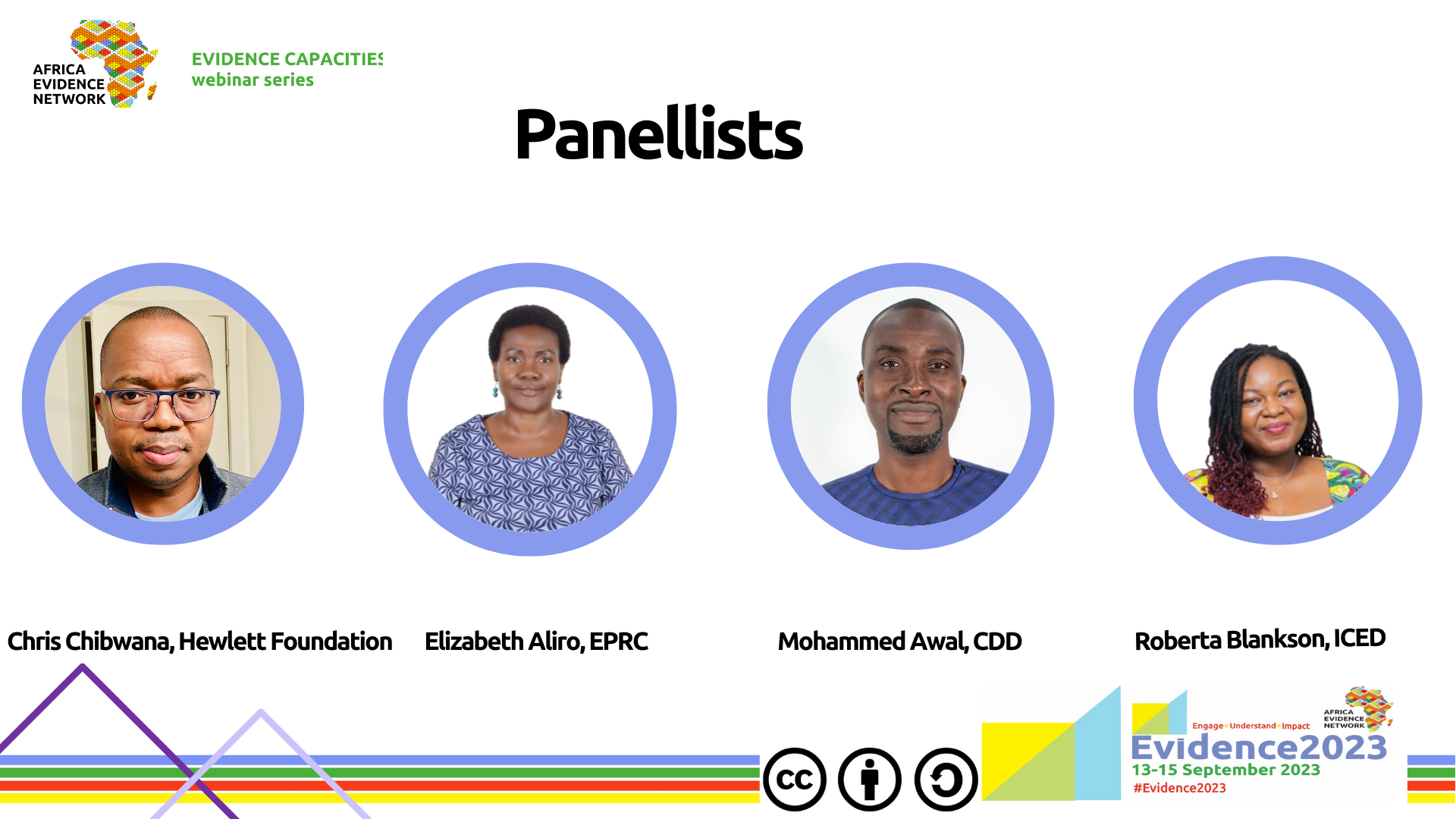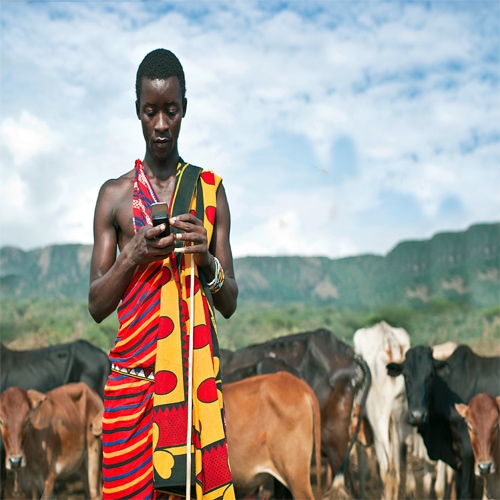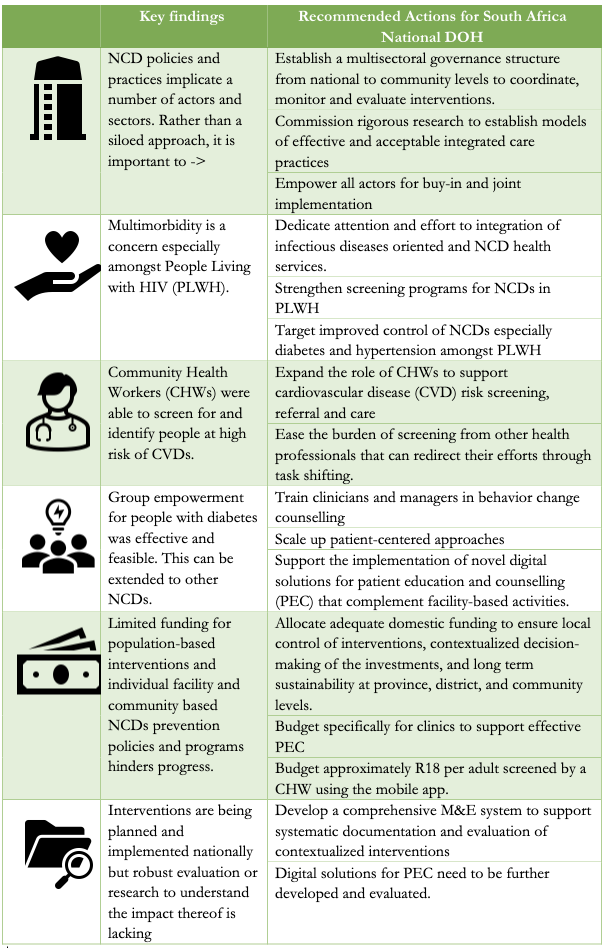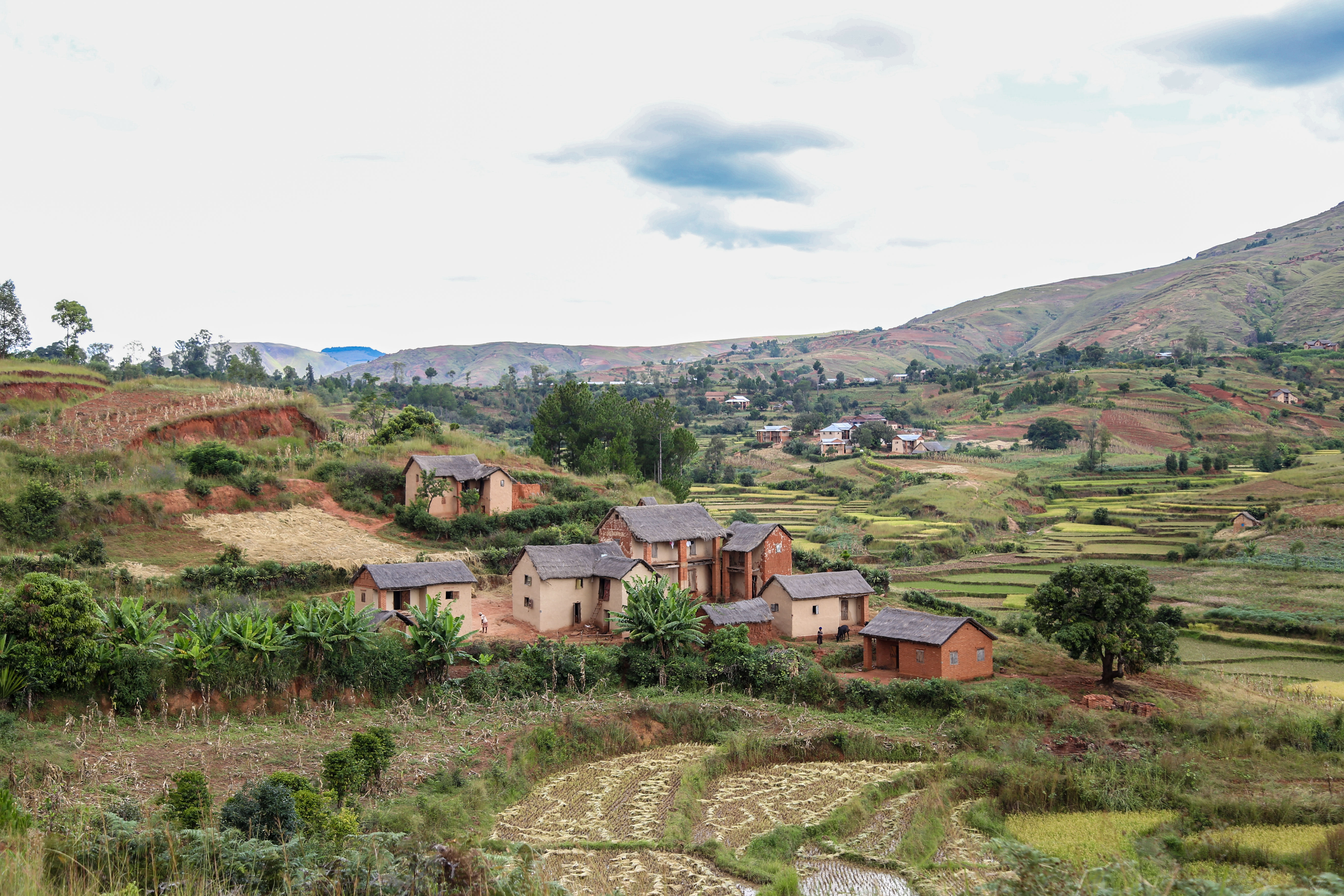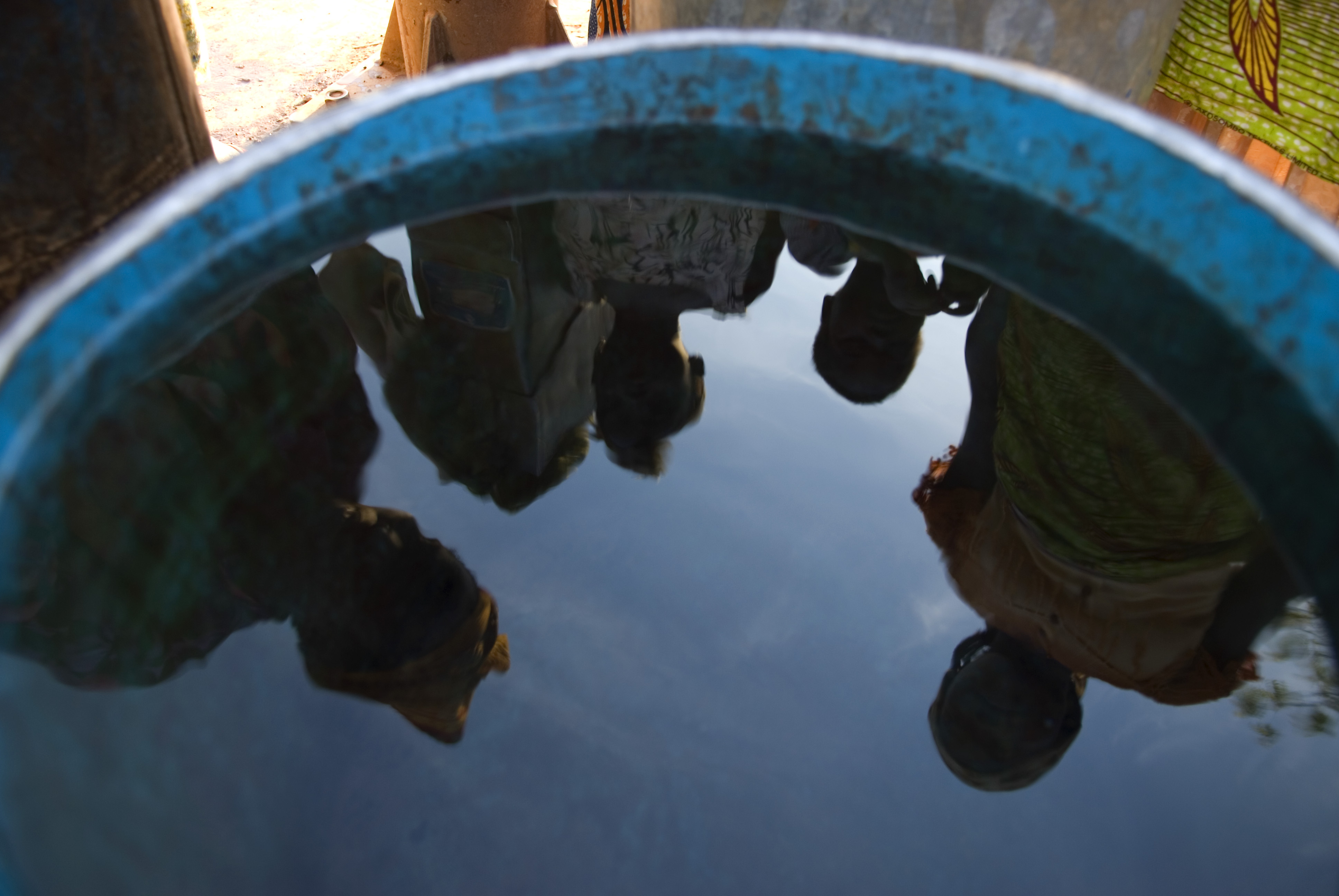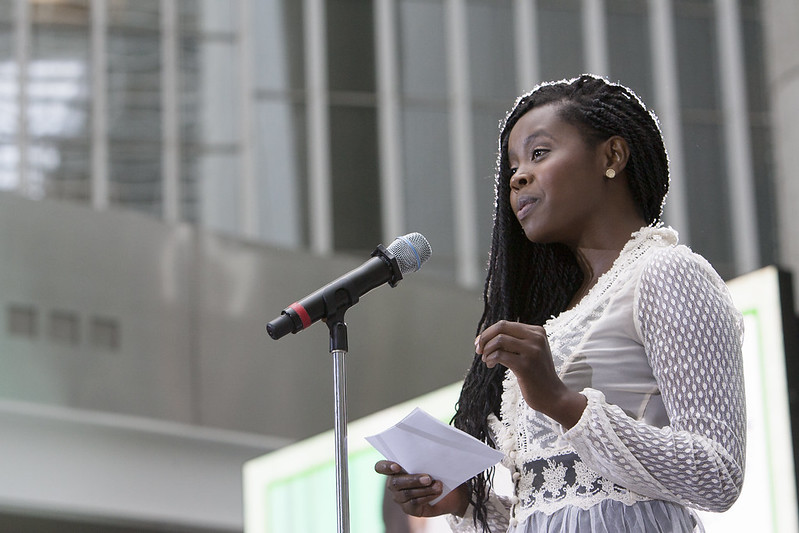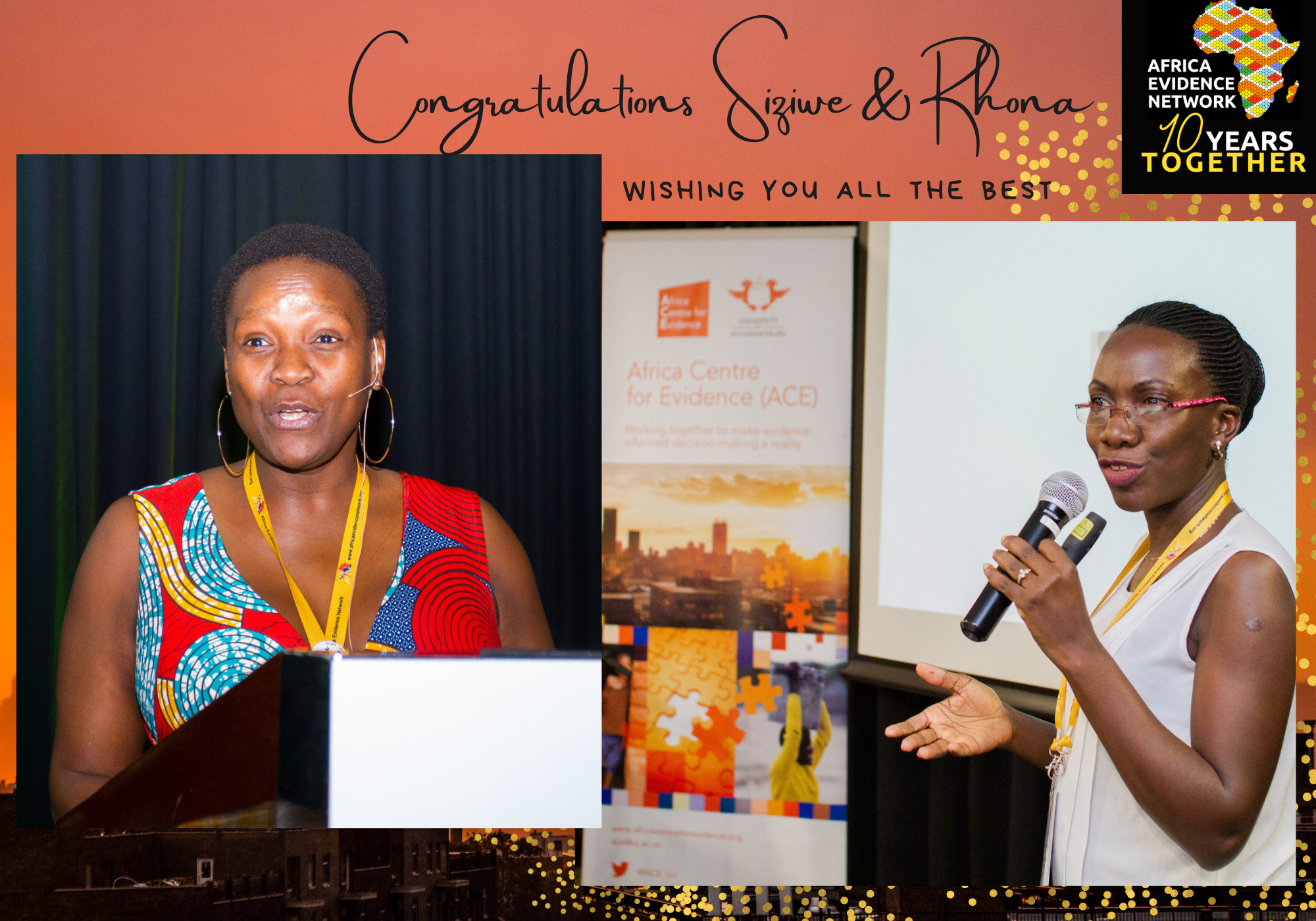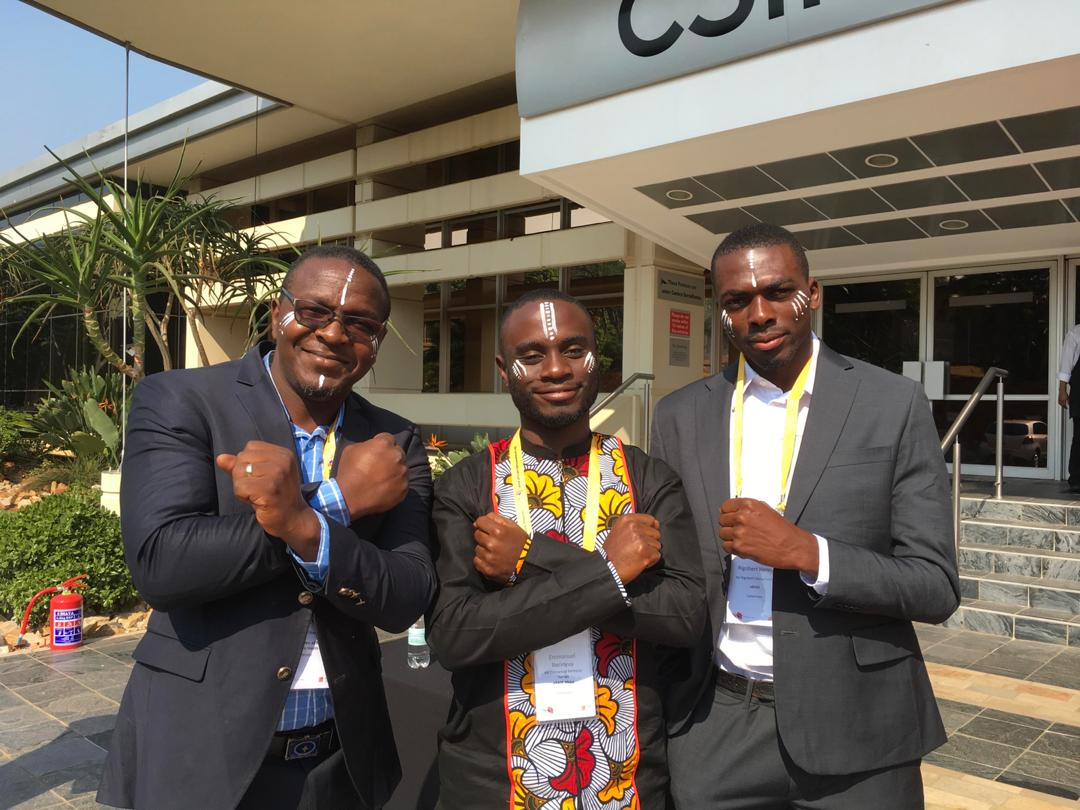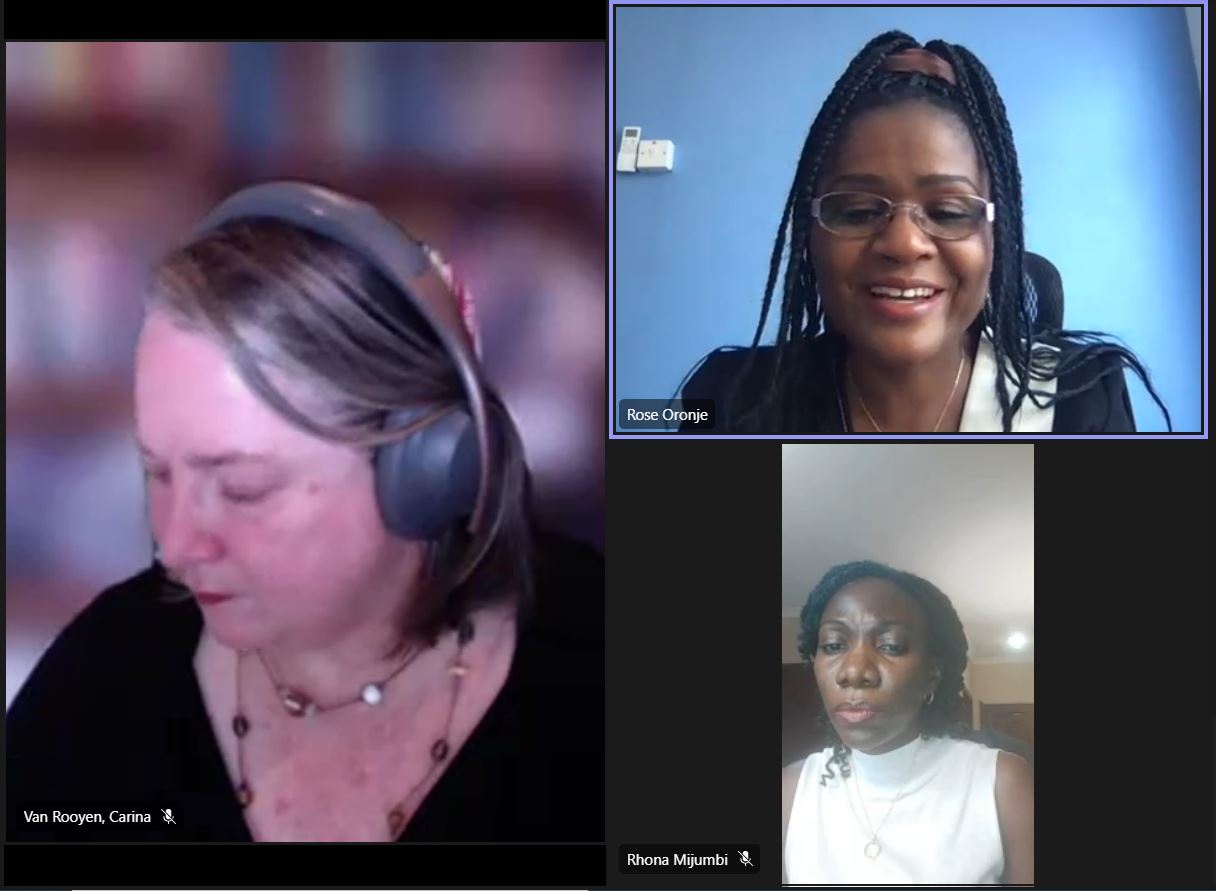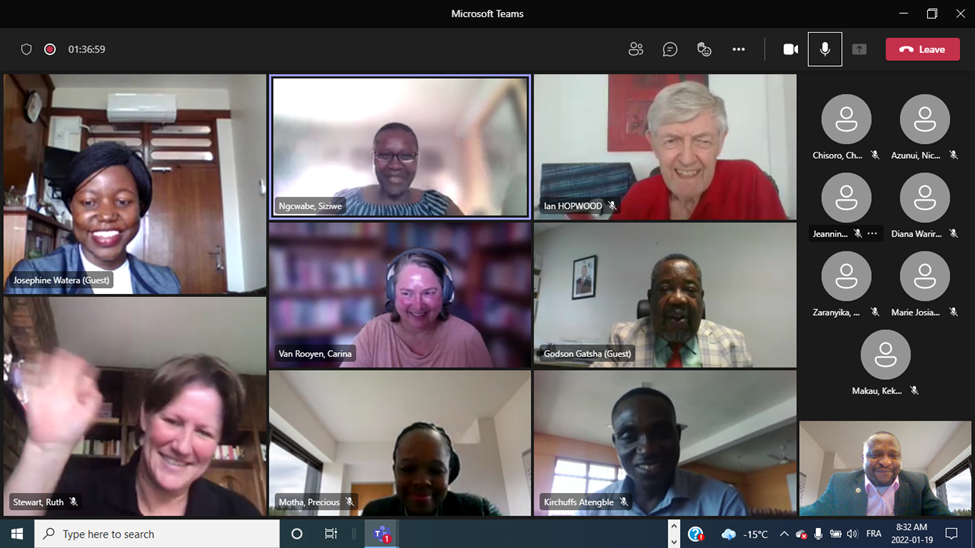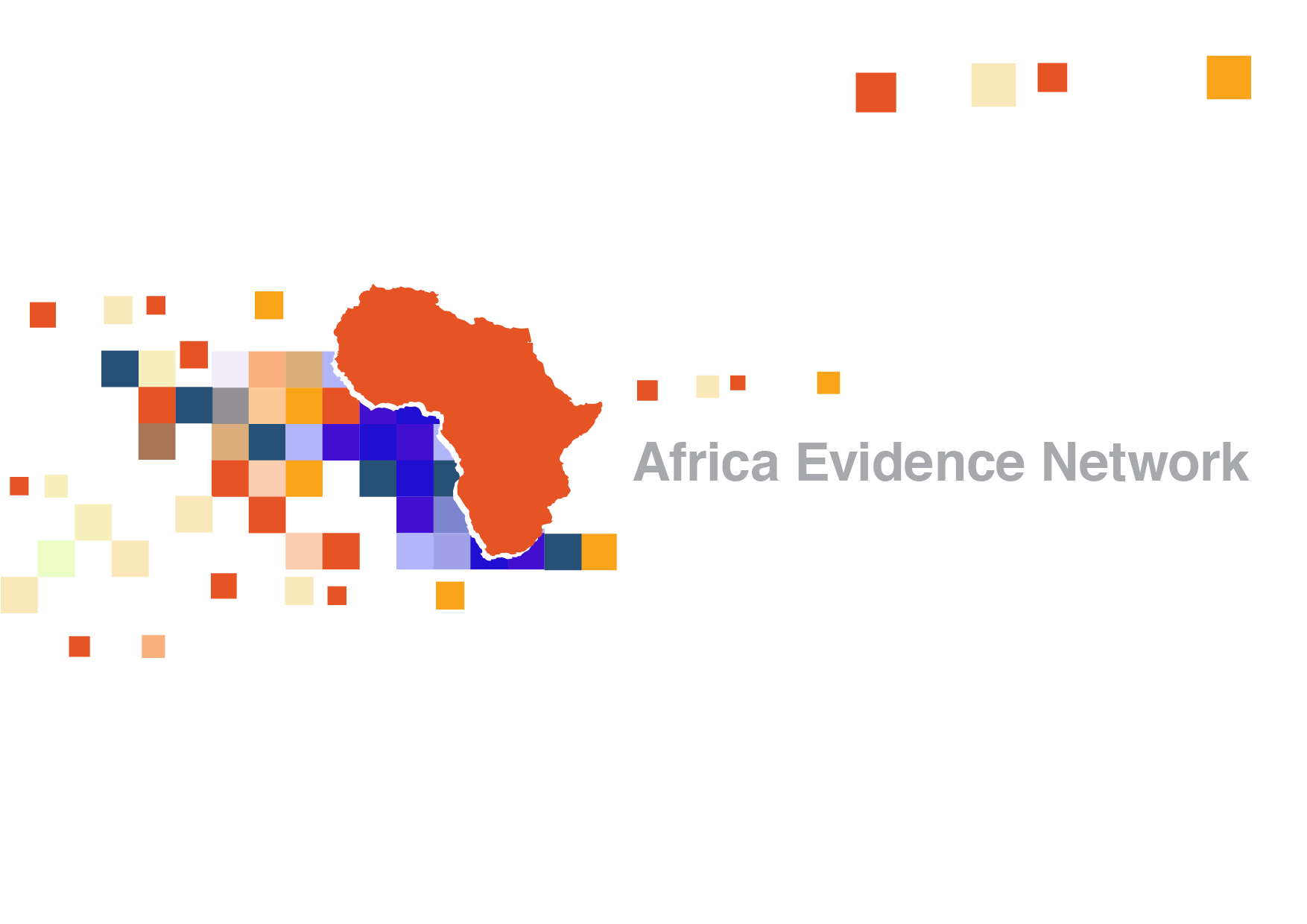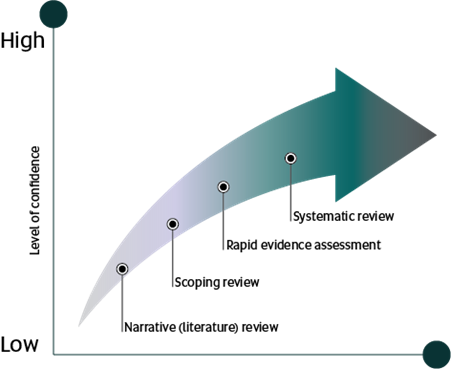
Photo Credit: University of South Australia
Dr Luvuyo Jalisa is one of many Eastern Cape exports to the world. I am an Environmental Anthropologist by training and an astute policy-maker by profession. My professional journey started in 2016 when I was a UJ-BCURE intern. At this time, I was exposed to evidence synthesis as a method to inform decision-making processes. I then joined the Africa Centre for Evidence (ACE) in 2017 as a researcher. I worked on a project that was looking at "Women in wage labour: a systematic review of the effectiveness and design features of interventions supporting women's participation in wage labour in higher growth and/or male-dominated sectors in low- and middle-income countries". At this time, I got exposed to evidence synthesis and how it is applied in the real world.
I then moved to the National Department of Water and Sanitation to become a policy-maker/analyst. However, my love for evidence grew even bigger when I got to be exposed to the traditional ways of developing policies that were either informed by a few scholars or people who claimed to have had a monopoly over knowledge. In late 2018, I started my PhD journey, and I remember conceptualising the approach with my then Master's supervisor, Dr Carina Van Rooyen. We met at McDonald's in Pretoria Station that day to discuss my Master's results, and that conversation then led to what I wanted to do next. She then proposed that I do my PhD and look into the water aspect since I was a policy specialist at the Department of Water and Sanitation. I remember thinking I wanted to continue my PhD in Anthropology, but being attracted to the evidence synthesis methodology meant Anthropology was not an ideal module to do my PhD on since it is all about ethnography. LOL one day, I will write about how I nearly got a low pass in my Masters because I wanted to revolutionise Anthropology and teach Anthropologist that there is more to Anthropology than ethnography, but that is a story for another day…. Keep in mind that I wanted to revolutionise Anthropology. This theme will come back later in this blog.
But continuing with my story, I engaged with Dr van Rooyen, and I told her I would go and do more research on what I wanted to focus on since water as a sector is very broad. I remember writing almost three literature reviews focusing on different topics. Then I chose one topic: "Interventions that work in achieving developmental water management". It took me eight months to write a proposal with the assistance of Dr van Rooyen and Dr Langer. The University of Johannesburg HDC accepted the proposal without any corrections. When I read some of their comments, some wondered whether evidence mapping and systematic review were the proper methodologies to apply in social sciences since social sciences seek to explain different phenomena using a social lens. In contrast, my thesis aimed to identify the interventions to inform decision-making.
I then continued my journey, which was lonely at the time, until Dr van Rooyen, through ACE, established a group of many students doing their Masters and PhDs in evidence synthesis. Then, I started to feel like I was part of a group rather than a loner. It was through this group that we shared our own experiences and challenges we are facing in our academic journeys. We helped and provided each other with inputs and suggested where we could present our studies to get different information from the broader audiences.
Since my thesis was looking at the interventions that work in achieving developmental water management, I decided to use sequential mixed methods of evidence mapping, systematic review and in-depth interviews. This was a gamble since not many people have ever done this. This was evident when my examiners were confused about my approach of mixing evidence mapping and systematic review, where my evidence map informed my systematic review. If you go and look at my thesis, I explain in detail the rationale behind this. As a result, I contributed to pushing the boundaries of knowledge in the evidence synthesis methodology. LOL, you can say I revolutionised the methodology successfully, just like I did in Anthropology 😊.
My PhD research used the typology of IWRM interventions identified by the Global Water Partnership (GWP) to generate an evidence map. The GWP framework covers three broad areas: the enabling environment, institutional arrangements and management instruments; these broad areas cover water governance, address adequate institutional arrangements, and encourage broad stakeholder participation in water planning and operating decisions. The evidence map revealed that interventions such as policy, legal framework and understanding of water endowment yield numerous but different results that cover the issue of social equity, socio-economic development, and the establishment of organisations for the full realisation of decentralising IWRM. The evidence map then informed the systematic review, which showed that IWRM is a complex paradigm with many challenges in its implementation. In South Africa, IWRM has a long way to go and when we ought to successfully implement it as we need to consider the issue of power, traditional norms, and equity because these issues tend to influence how IWRM is implemented. The interview with DWS officials agreed with the review's findings that IWRM is a complex paradigm. The interview findings provided a compelling rationale for adopting DWM as an alternative water resource management paradigm in developing countries as it foregrounds equity.
My research focused on three main social dimensions in the management of water resources. The first one is participation, power and equity. Those interested in understanding how these three social dimensions are explained must go and check my thesis found in the UJ library database. However, I must explain these three social dimensions in a broad evidence scheme and how they fit within the AEN as a wide network.
When it comes to participation, the AEN tries to ensure a wide range of participation in the generation of evidence and the utilisation of the evidence. Secondly, the AEN seeks to dismantle this notion of knowledge autonomy amongst the few and ensure that the evidence generation does not only lie with the few. That is why in the course initiated by ACE we ask ourselves, what is the evidence? What constitutes evidence? And what are the different types of evidence? These questions dissect the issue of power within the evidence space - lastly, the issue of equity. In my thesis, the equity aspect is on the water resources' access and management. But for this blog, I have learnt that equity within the evidence space is something we should strive for. Prof Ruth Stewart, Harsha Dayal and Dr Laurenz Langer, in their 2017 paper, talk about polarisation within the evidence space because of how people write and talk about evidence-informed decision-making. They talk about terminologies used to describe the relationships between academia and government and research and policy have shifted over time. This is important because when I talk about equity, I link it to my thesis, that evidence must be equitable, people must be able to access it, and they must be able to participate in the generation of that evidence.
Without saying too much, I am happy to have acquired my PhD using this very complex methodology. I look forward to contributing positively in this field and helping others as I was also helped. Ohh, before I forget, be assured that evidence-informed decision-making will be institutionalised within the South African government in the next few years. Recently, I co-authored a protocol for Policy Development at the National Department of Water and Sanitation. This protocol guides all future policy development processes in adopting evidence as an integral part of policy-making. I am the promoter of evidence wherever I go…
About the author: Dr Luvuyo Jalisa is a Policy Specialist at the National Department of Water and Sanitation in Pretoria. He is responsible for water supply and sanitation services research to inform evidence-based policy and macro-strategy development; develop, assess, review and evaluate water and sanitation policies and macro-strategy; co-ordinate and facilitate the policy and macro-strategy development process and advocacy; monitor international and local water and sanitation services policy and macro-strategy trends; report on the implementation of water and sanitation policies and macro-strategies; develop and co-ordinate of Socio-Economic Impact Assessments reports. He has been actively involved in development of various legislations and regulations that governs water resources and water and sanitation services. You can contact him on LinkedIn and/or on Twitter.
Disclaimer: The views expressed in published blog posts, as well as any errors or omissions, are the sole responsibility of the author/s and do not represent the views of the Africa Evidence Network, its secretariat, advisory or reference groups, or its funders; nor does it imply endorsement by the afore-mentioned parties.
